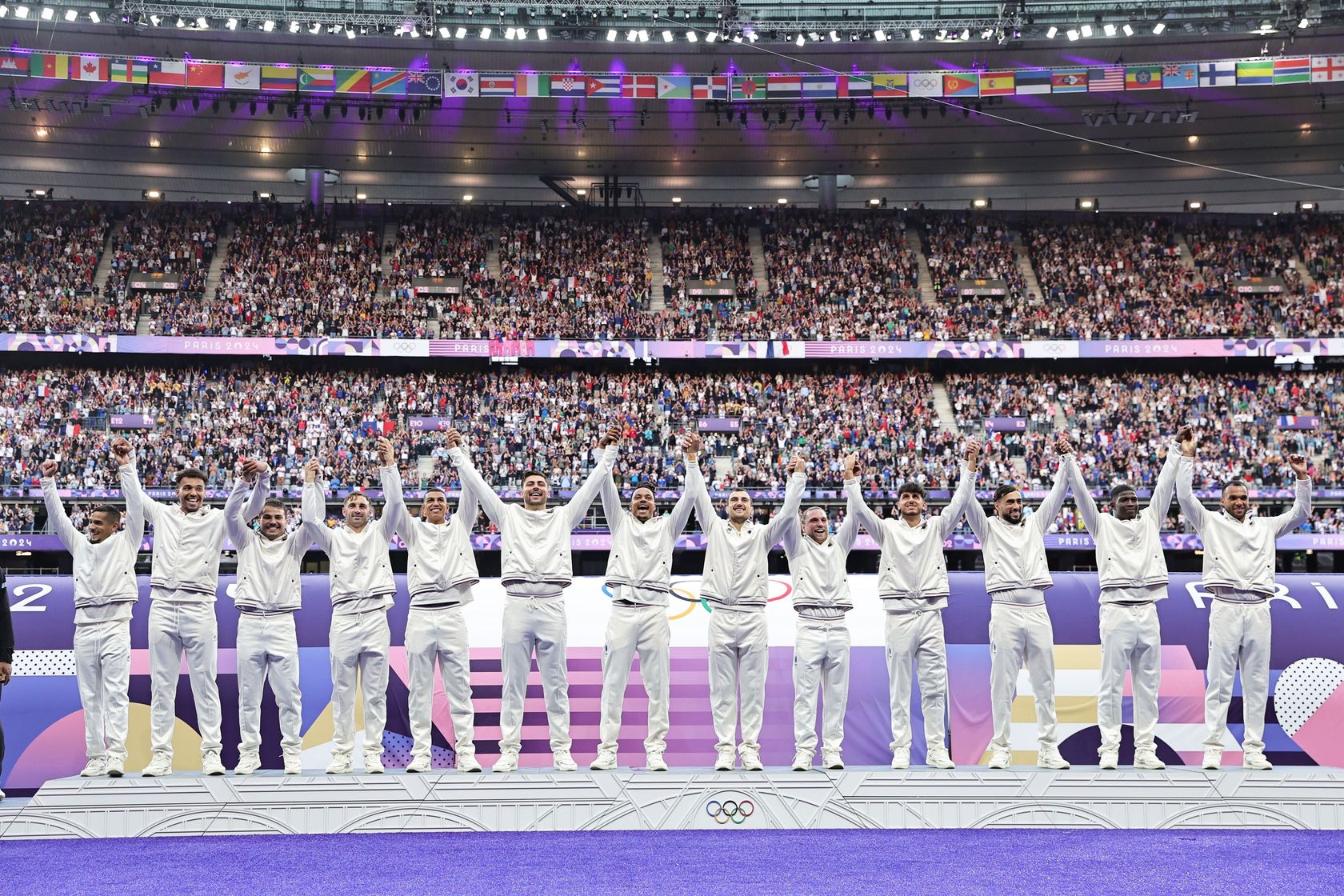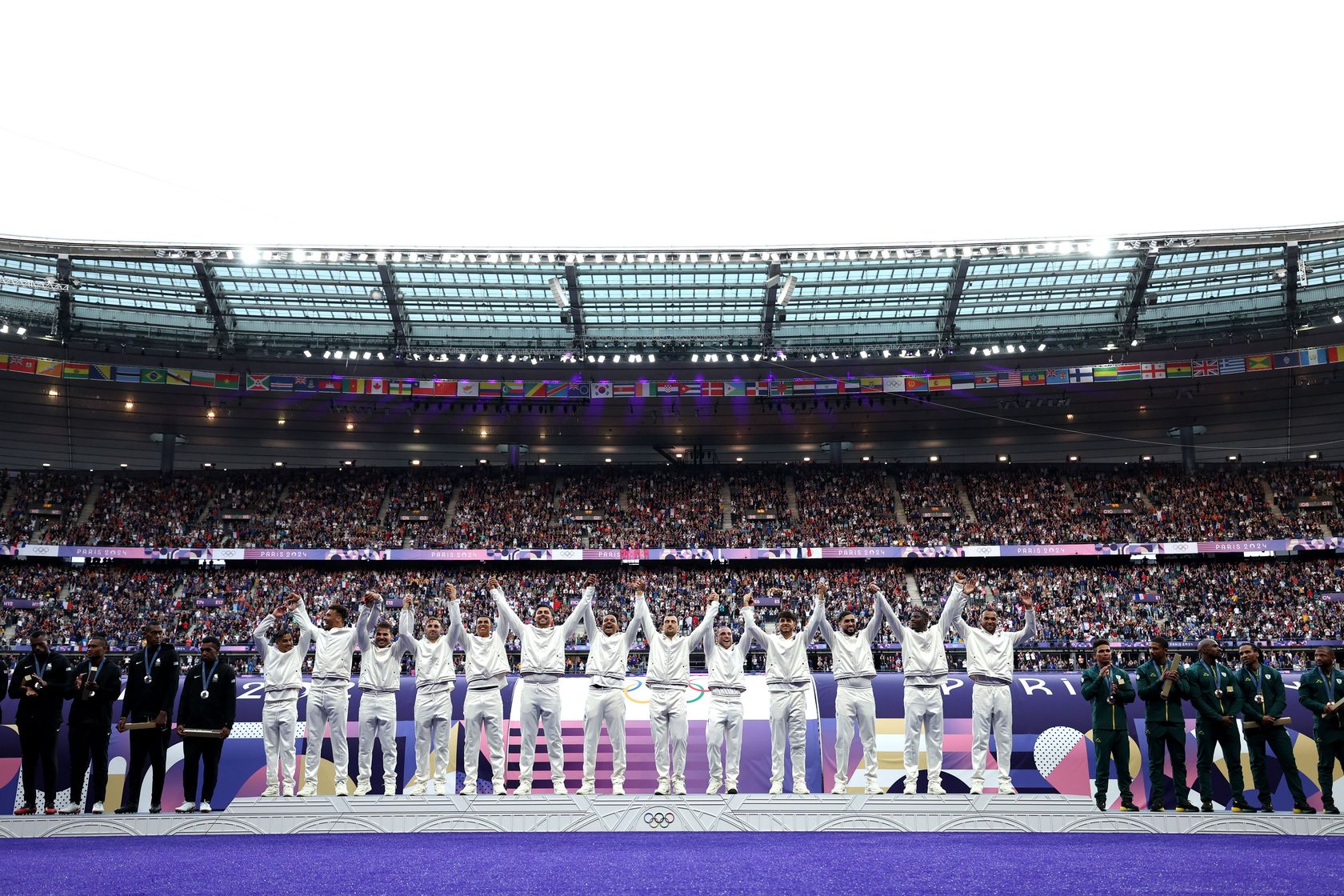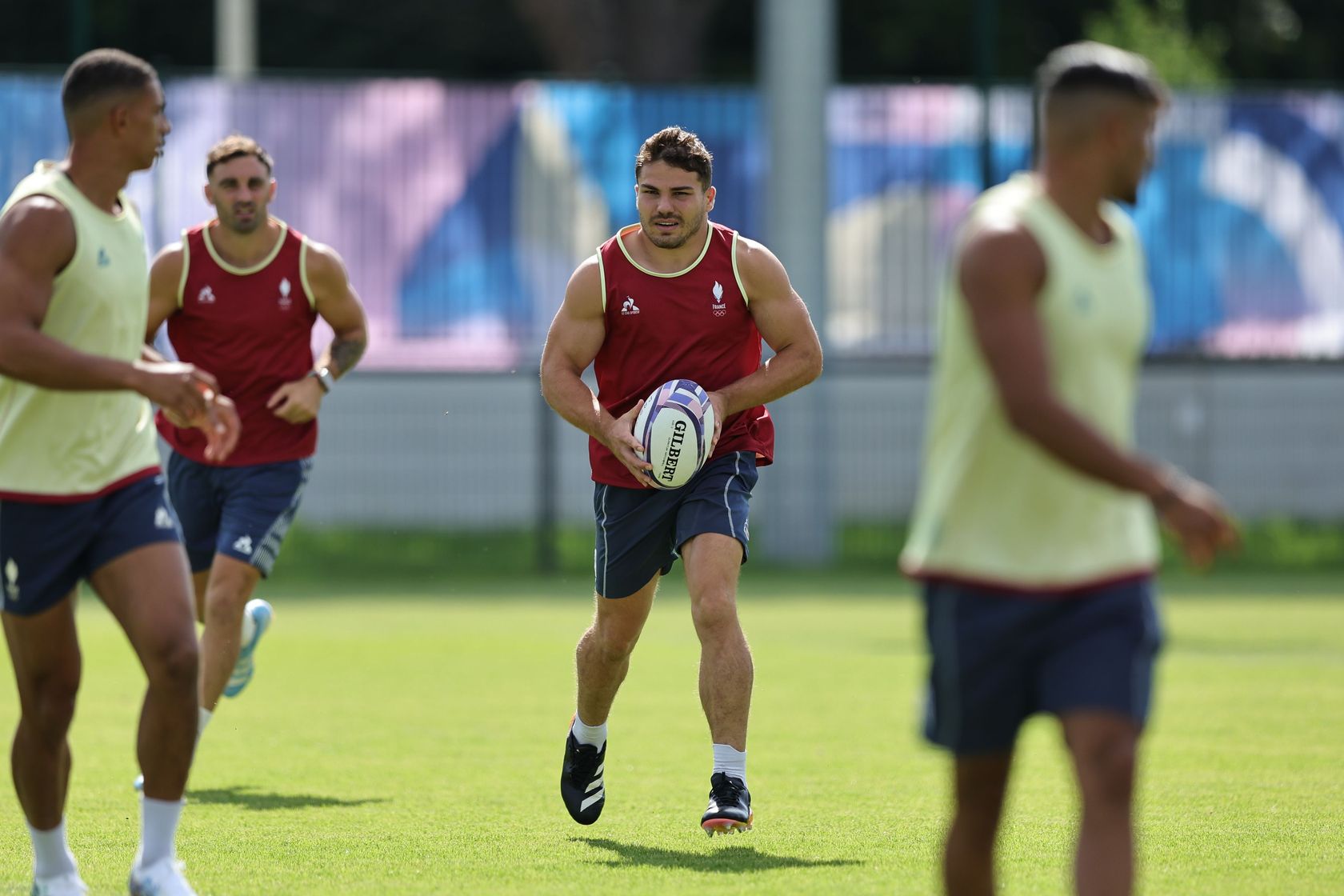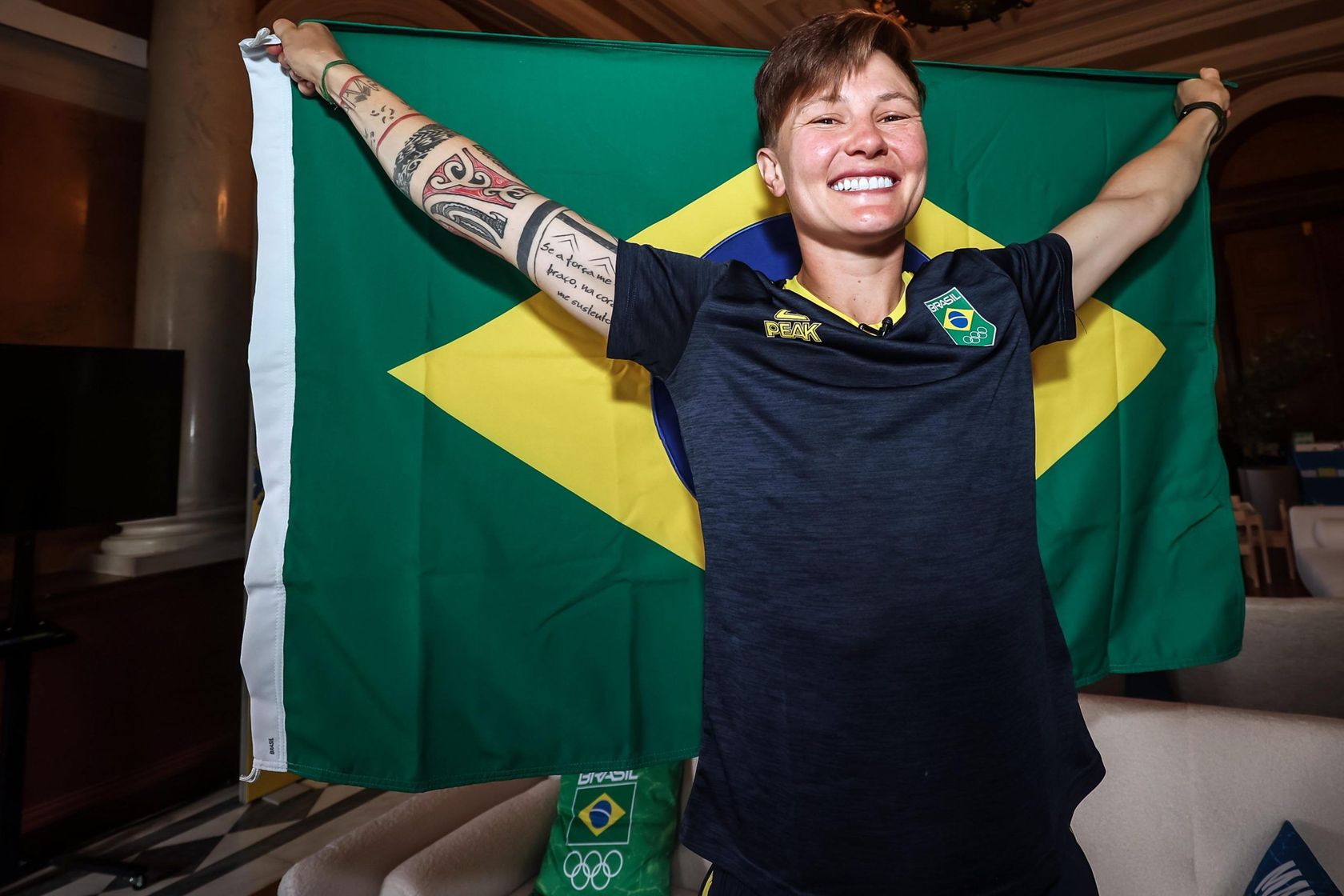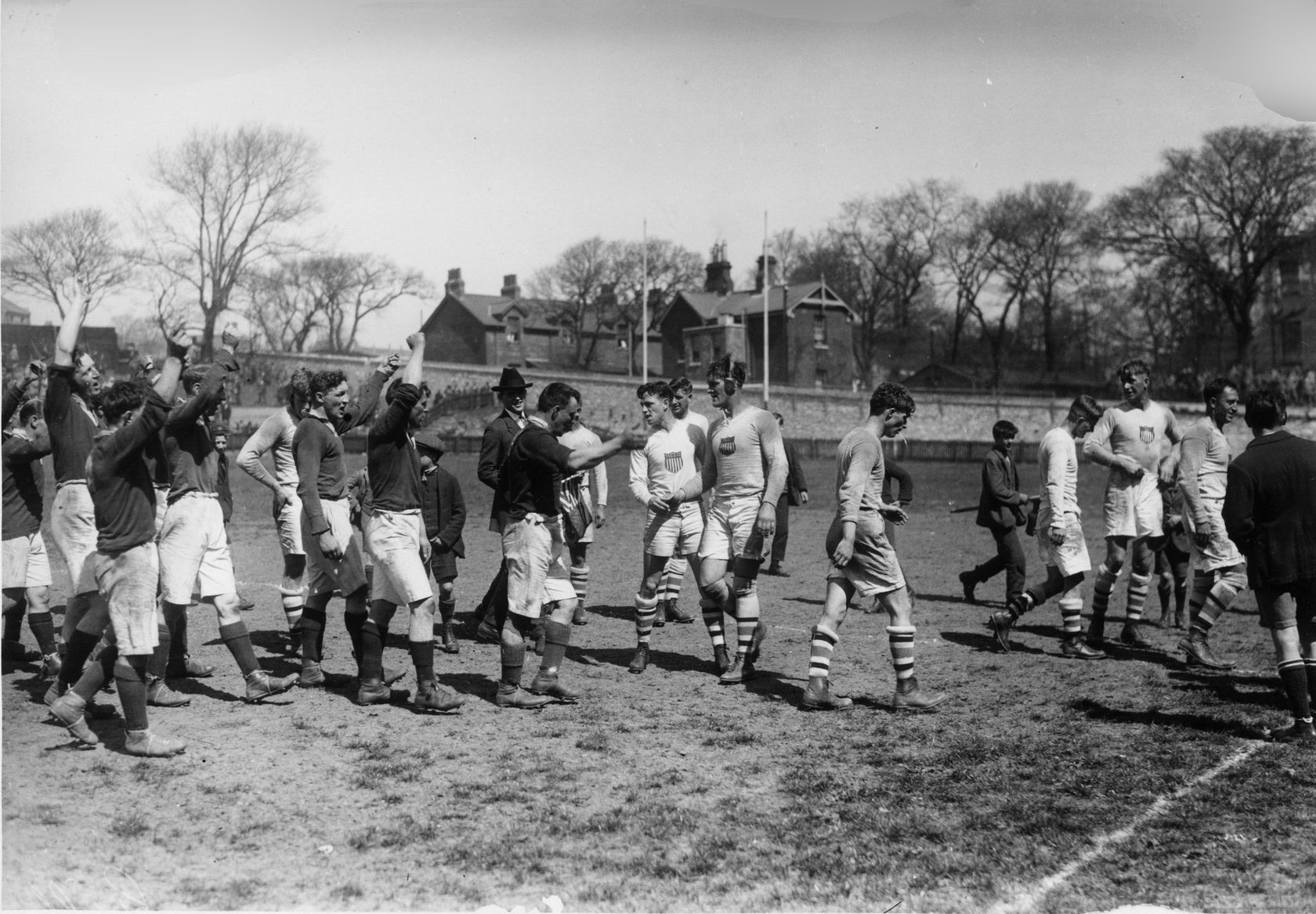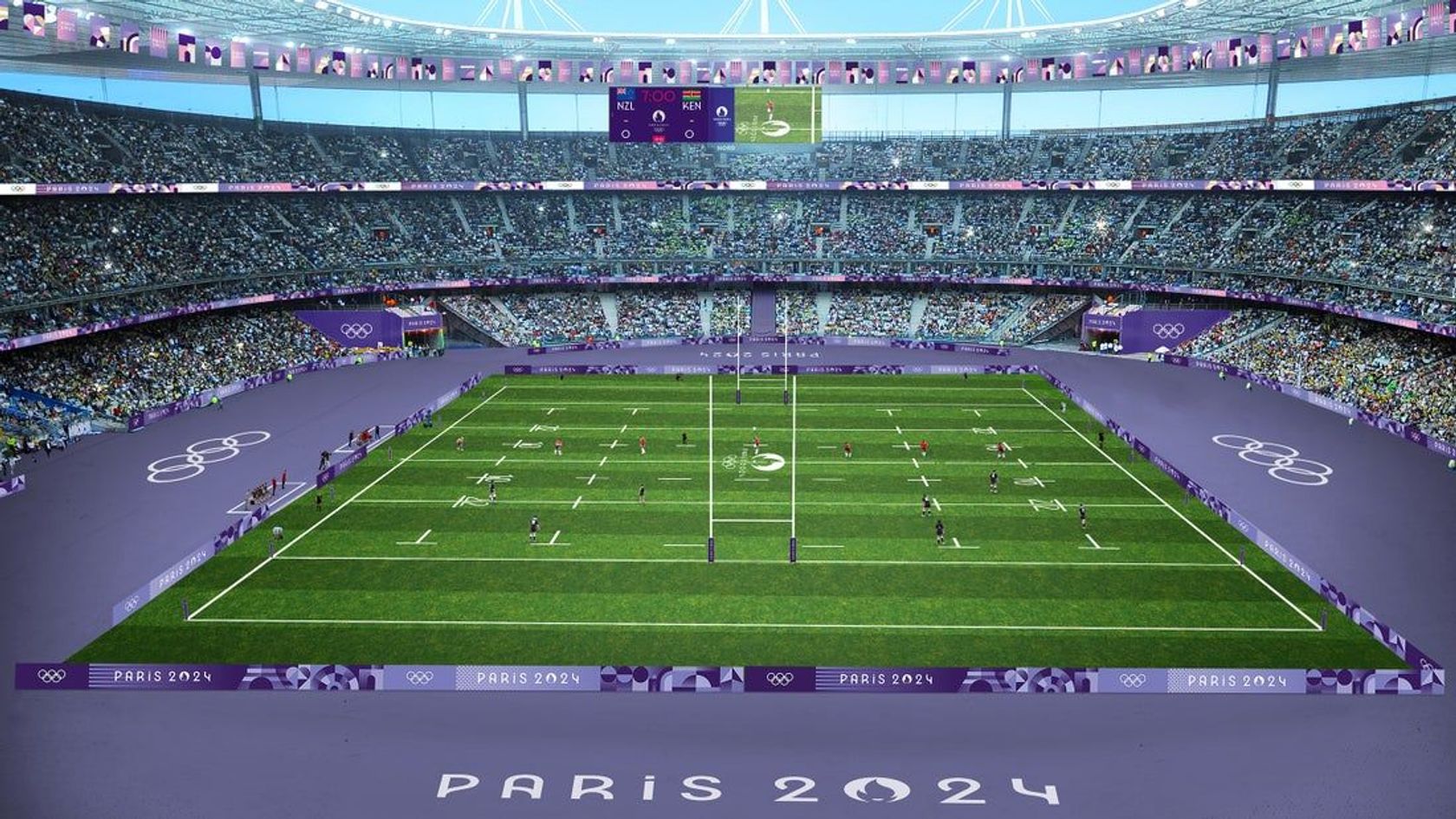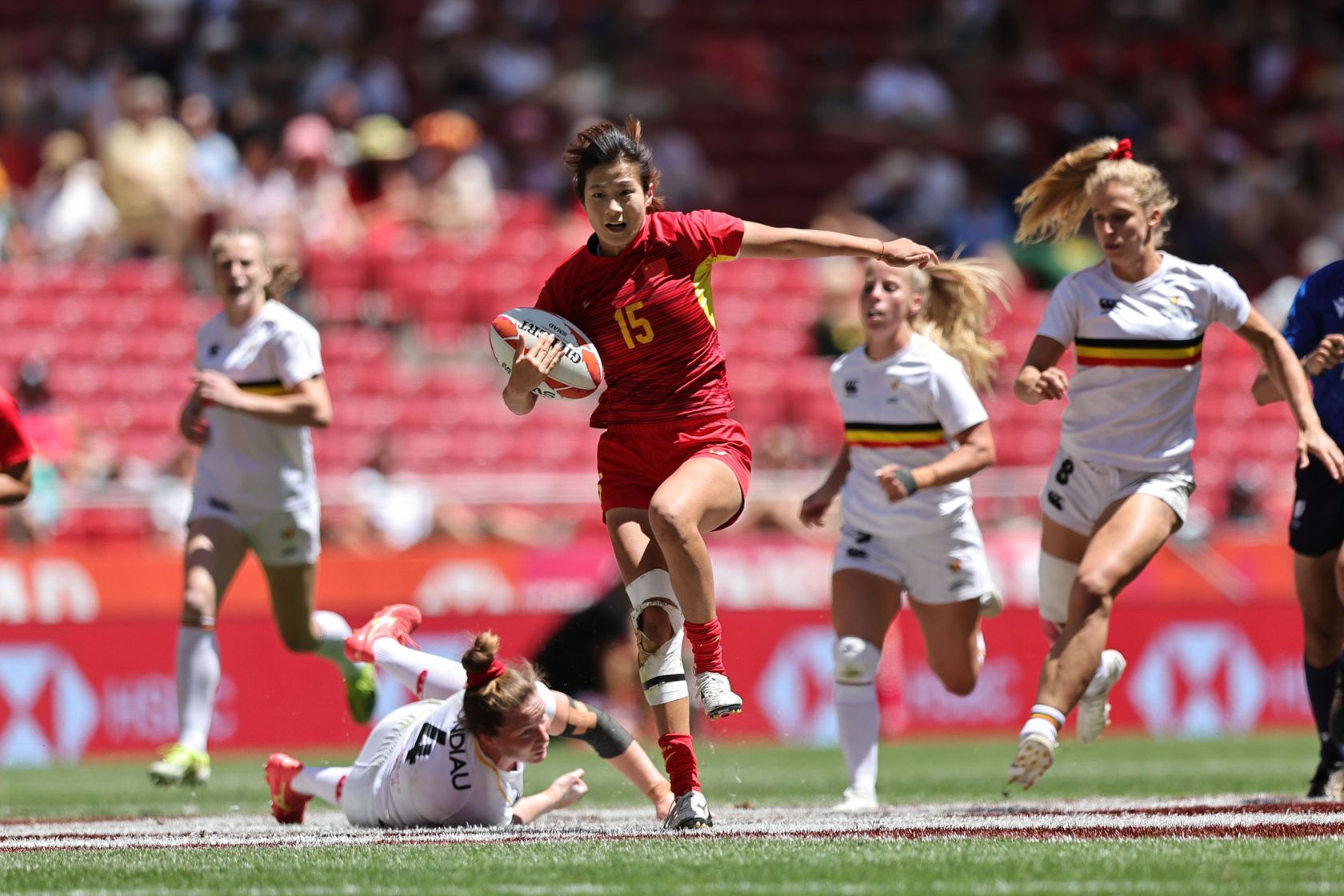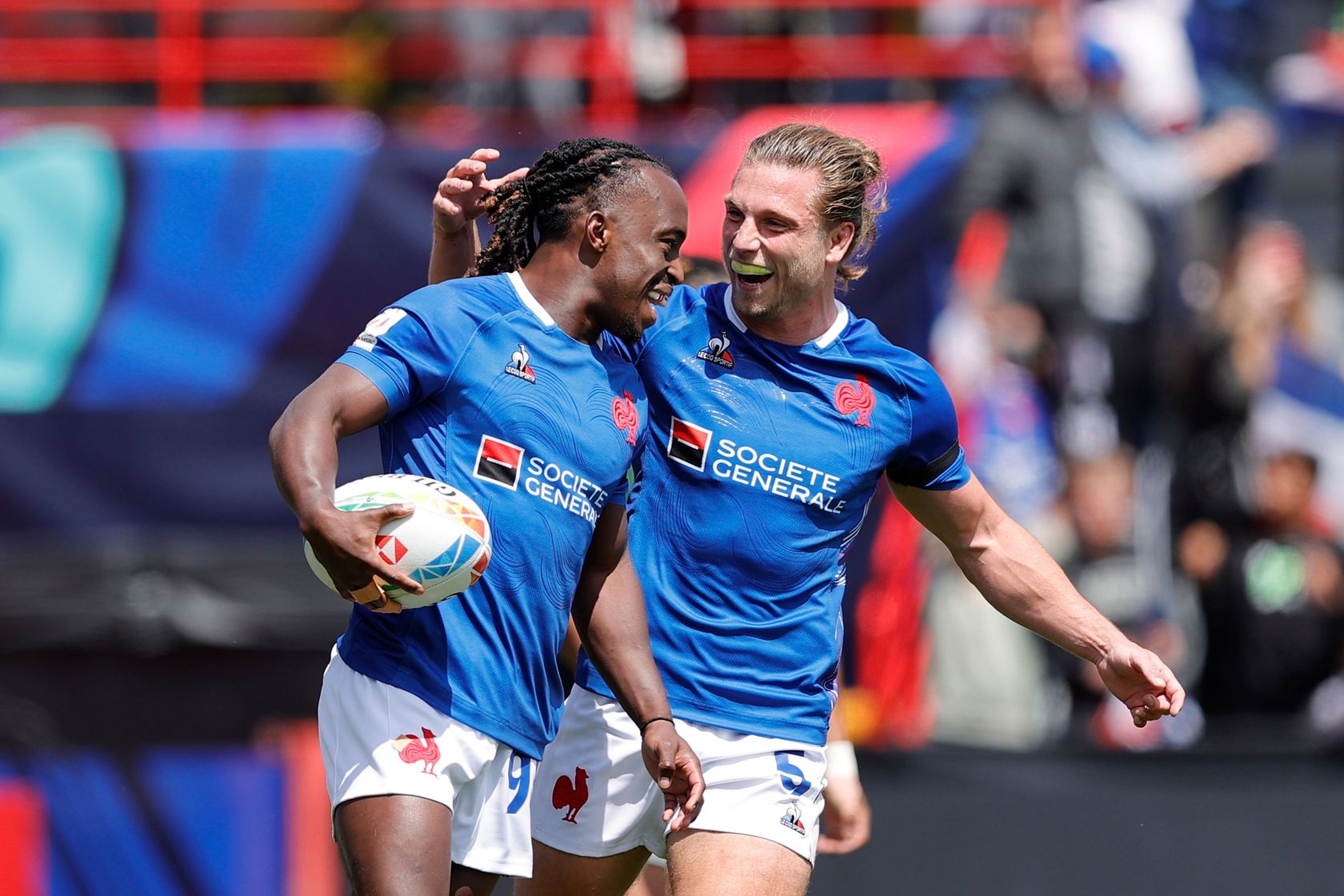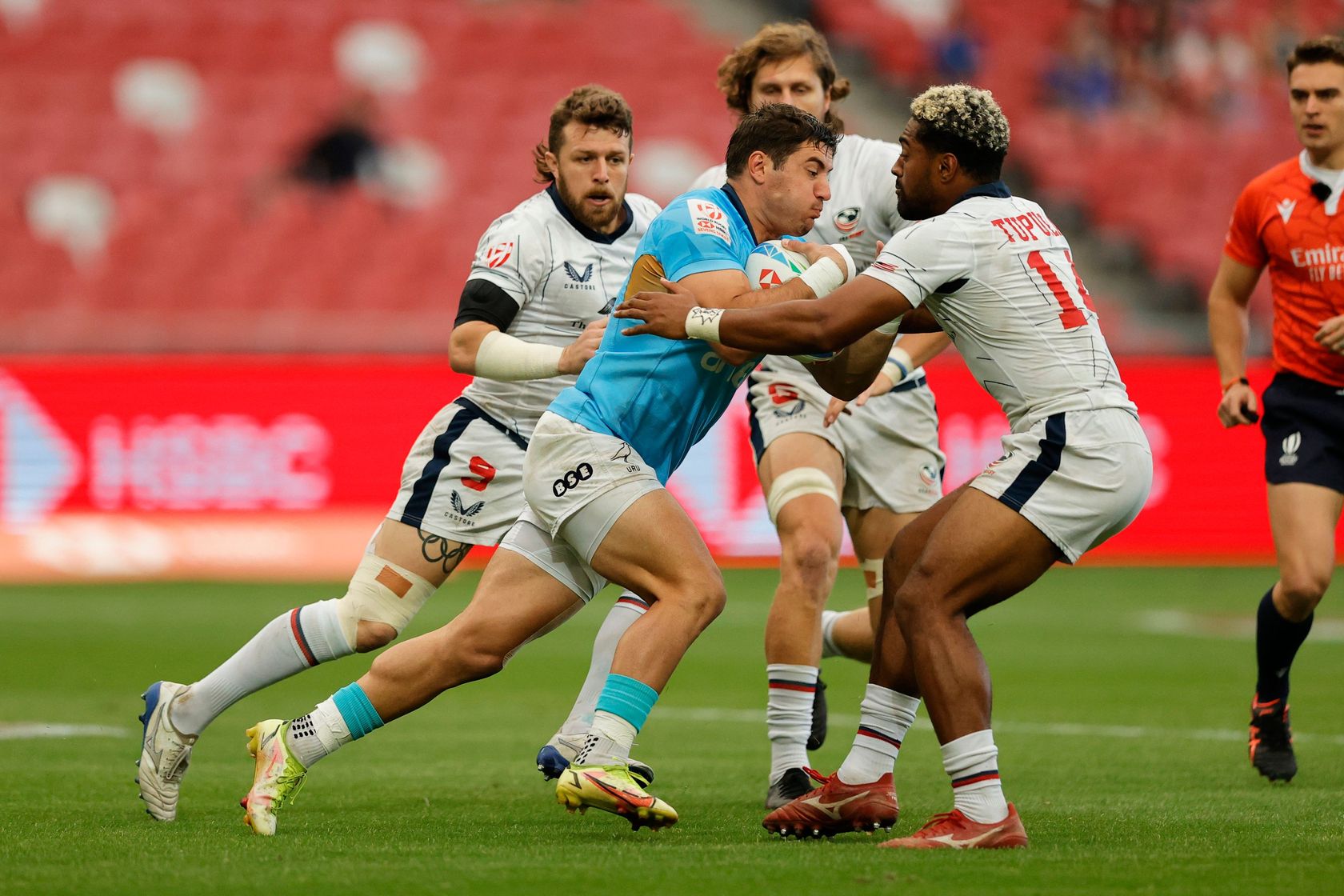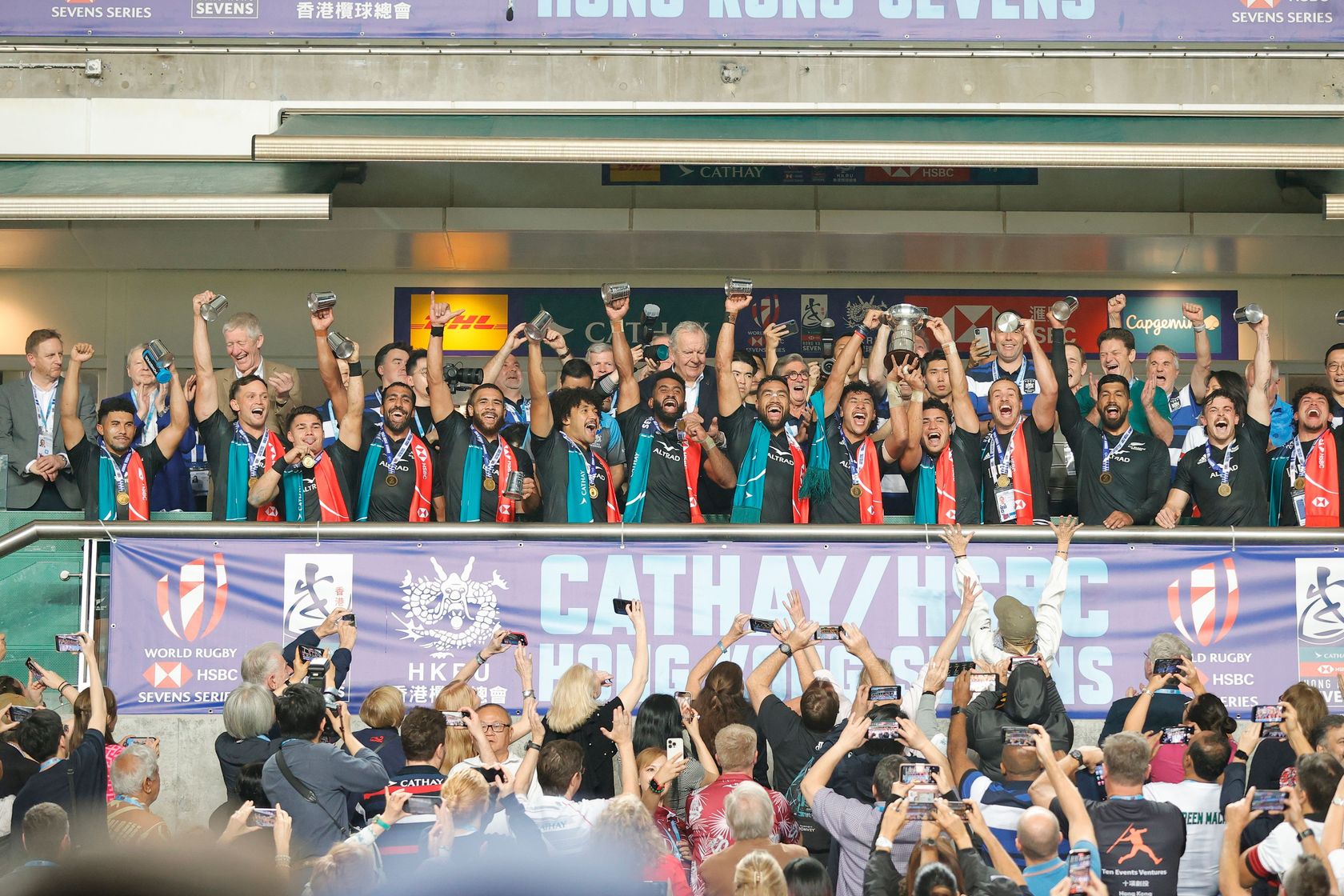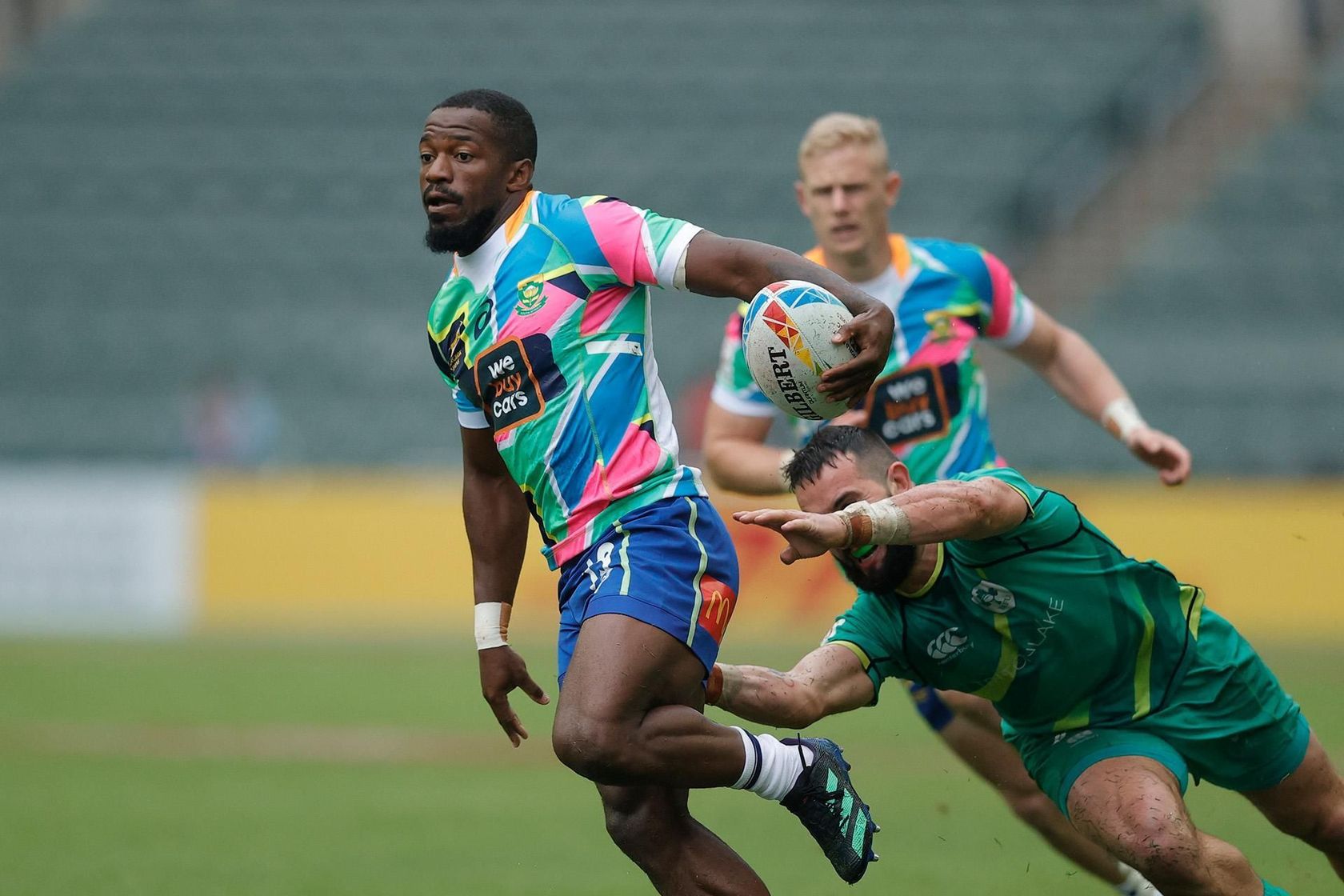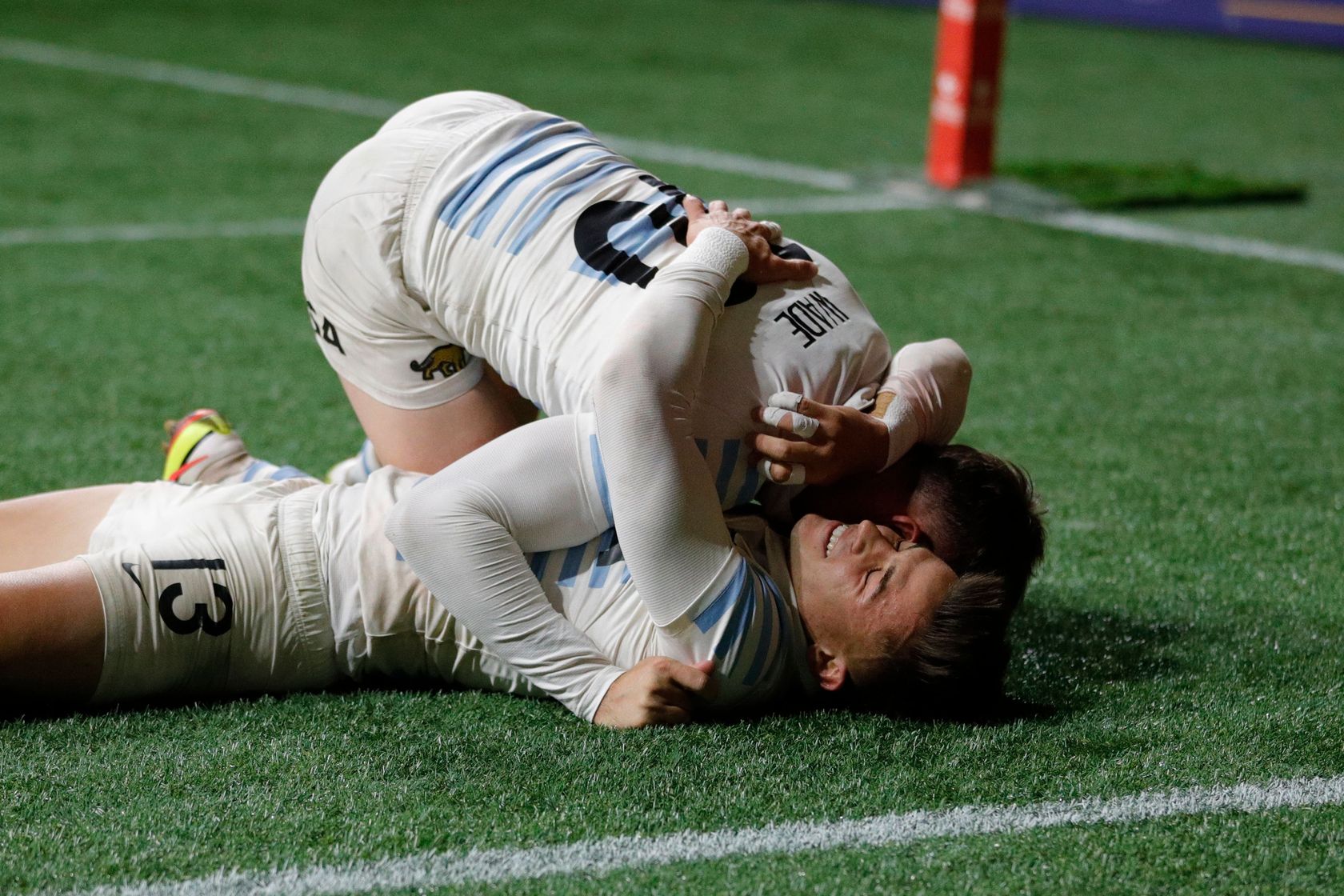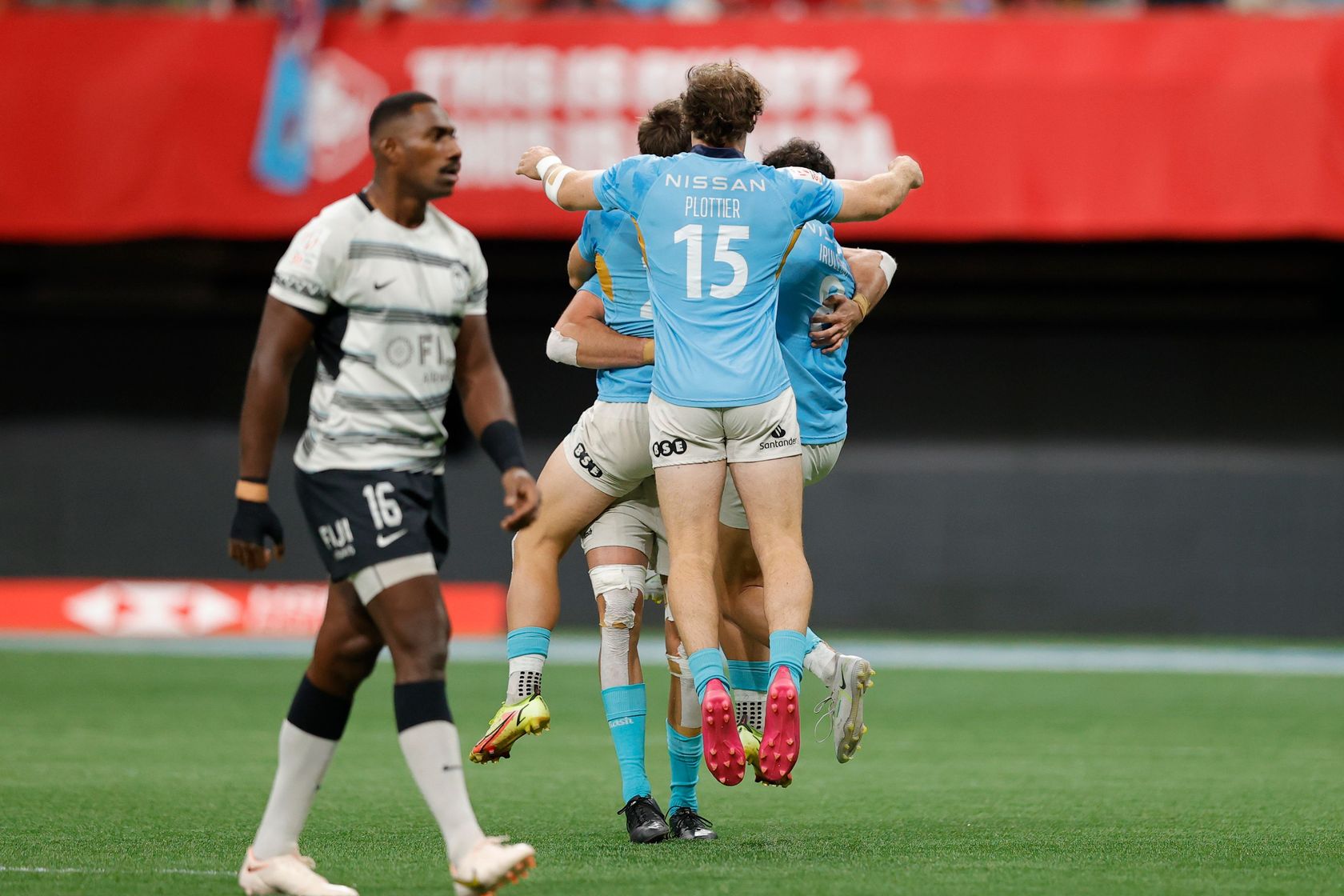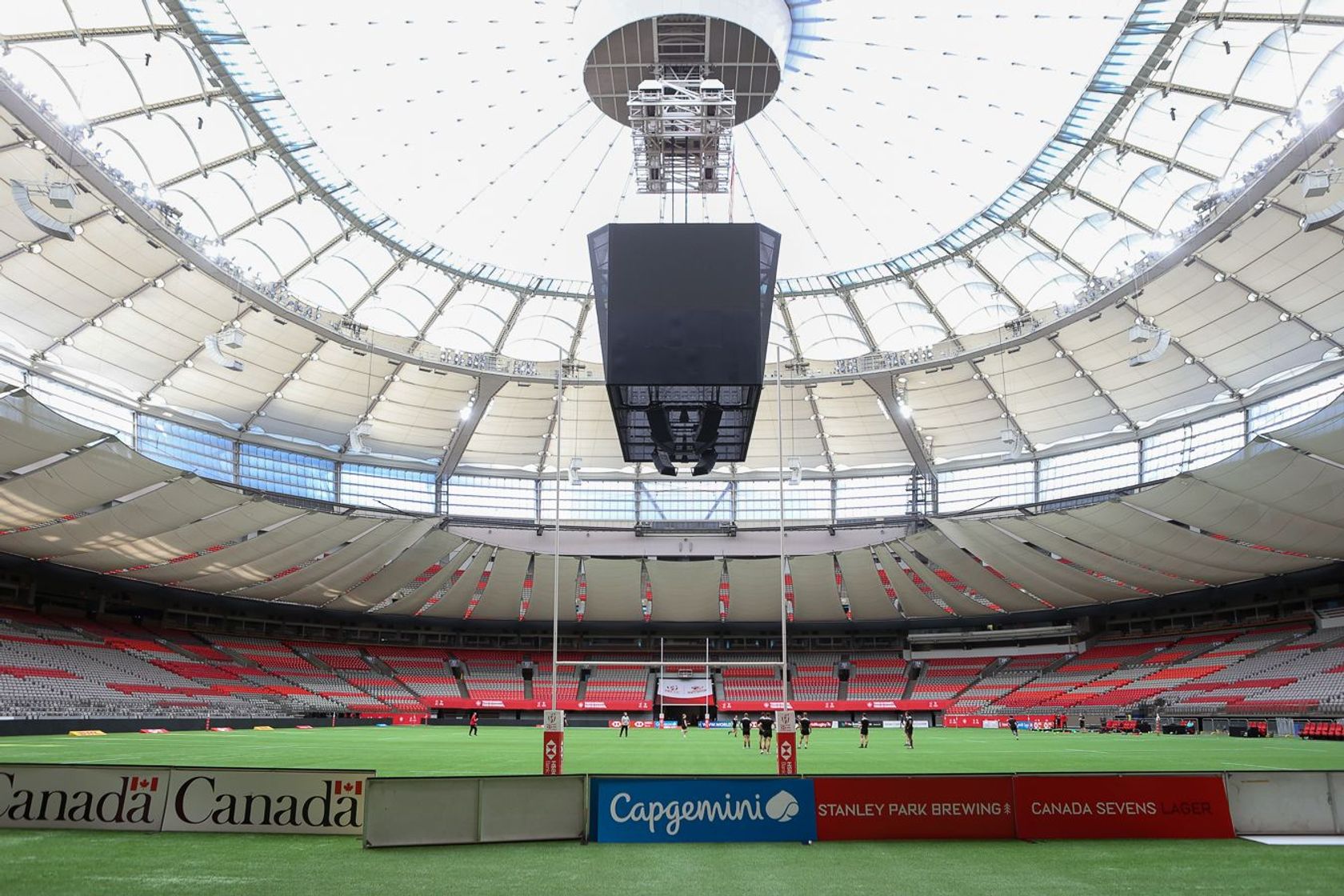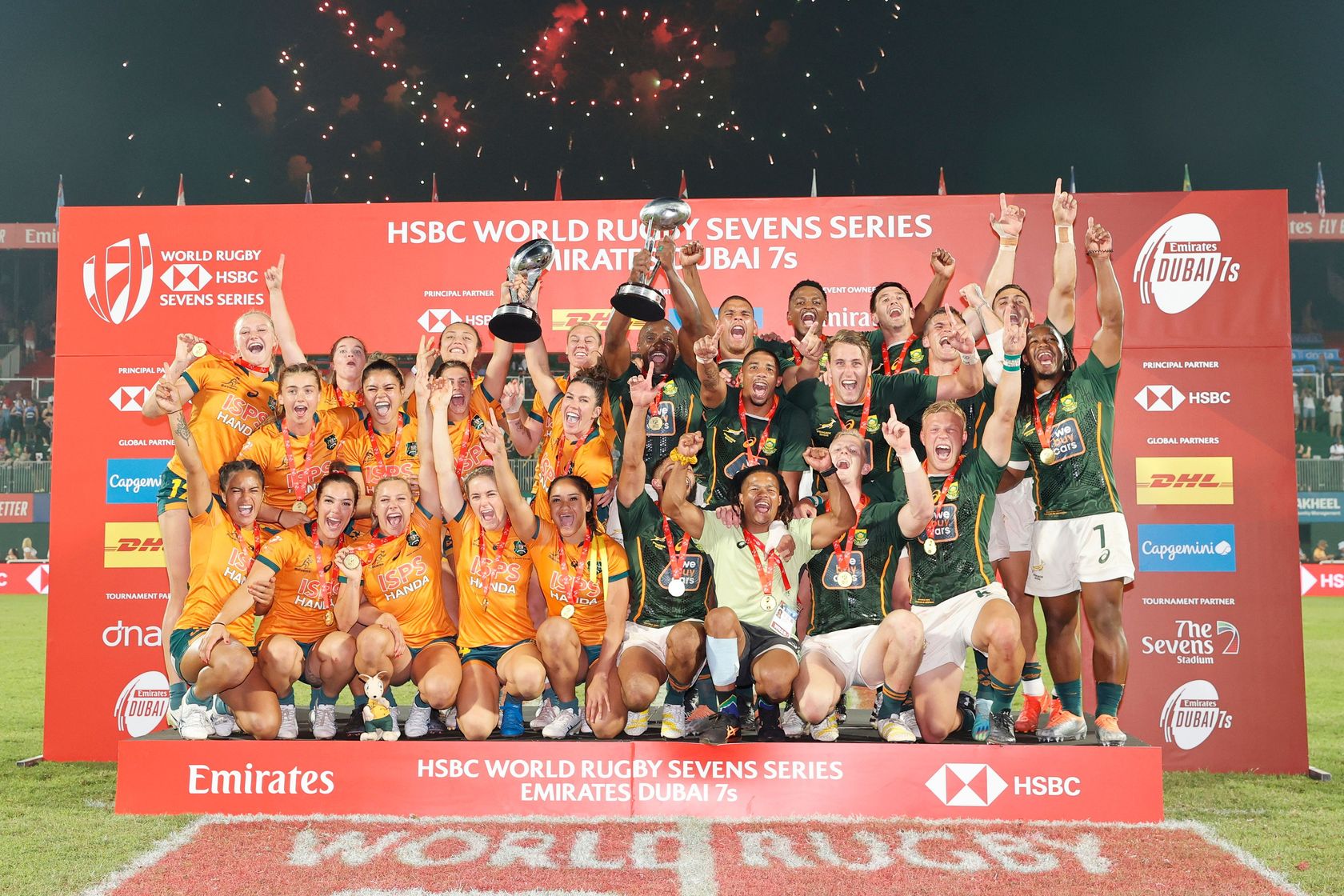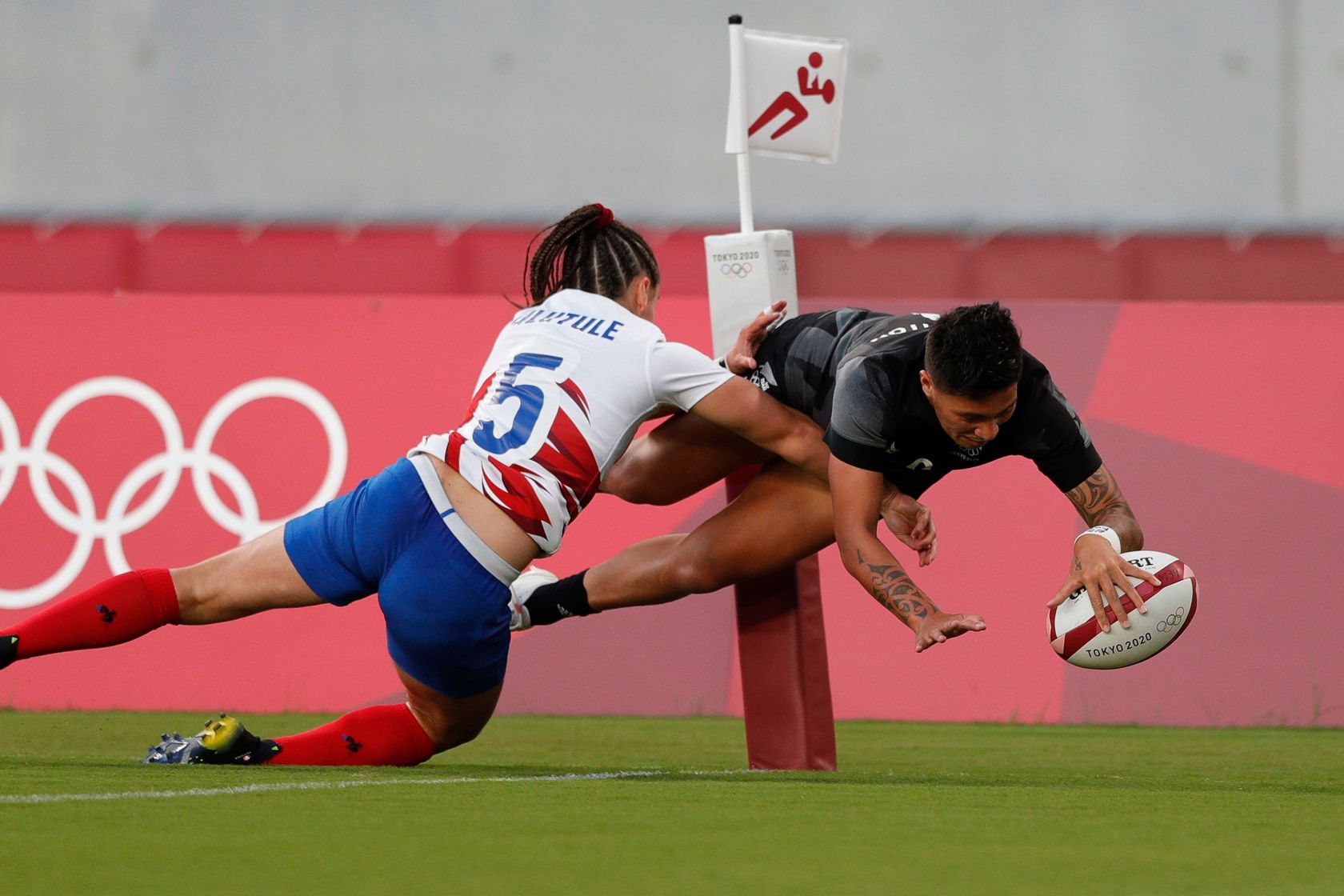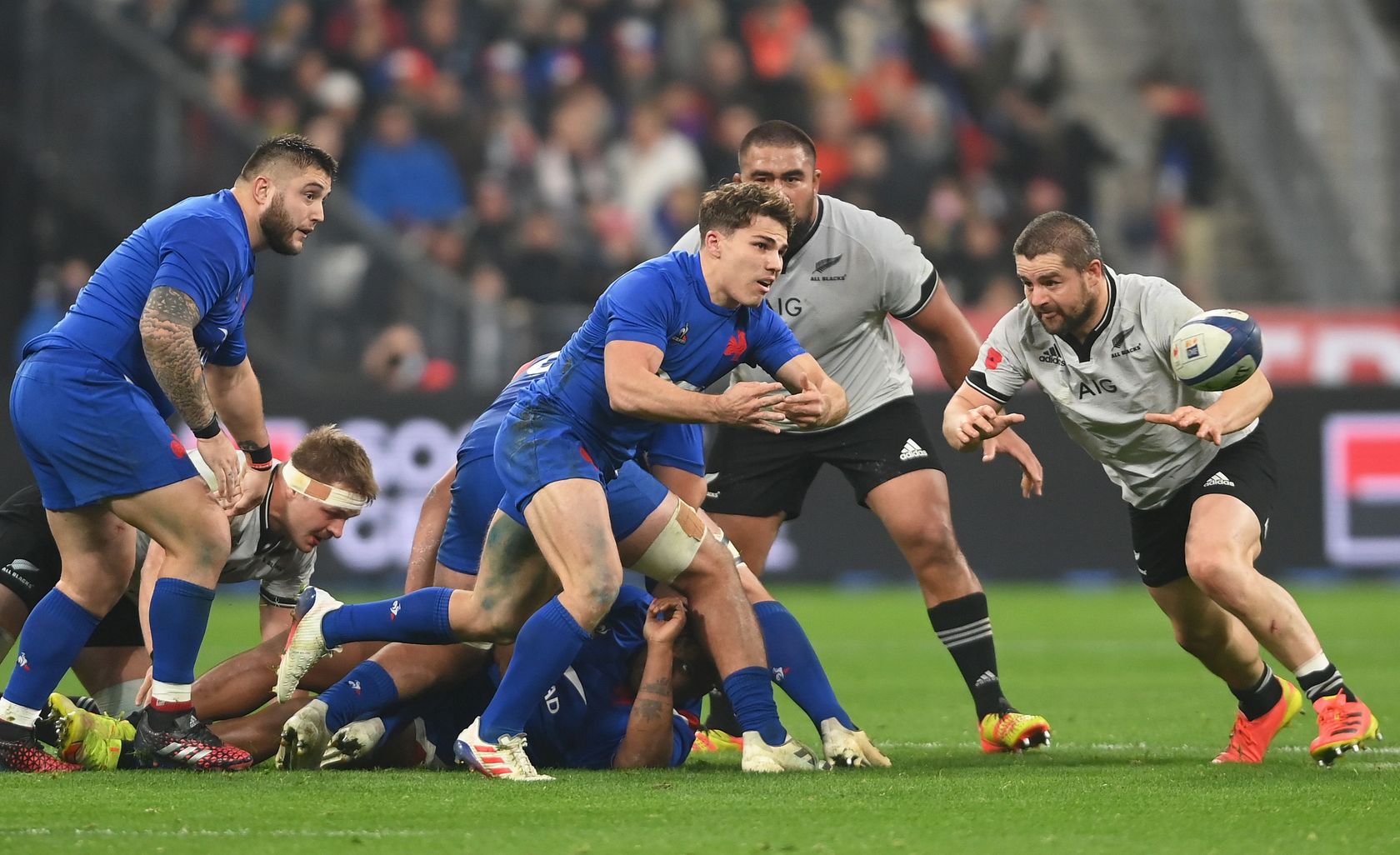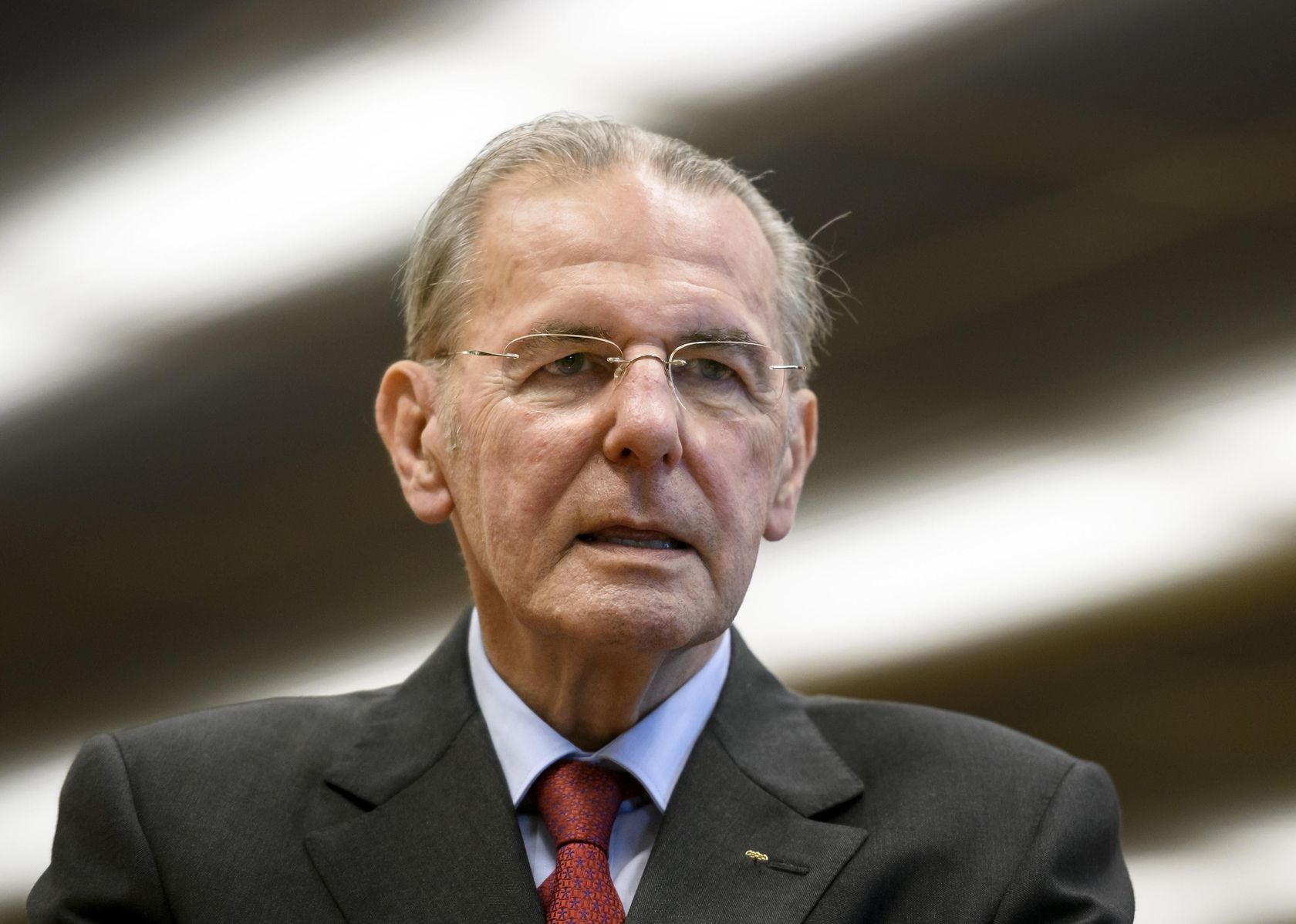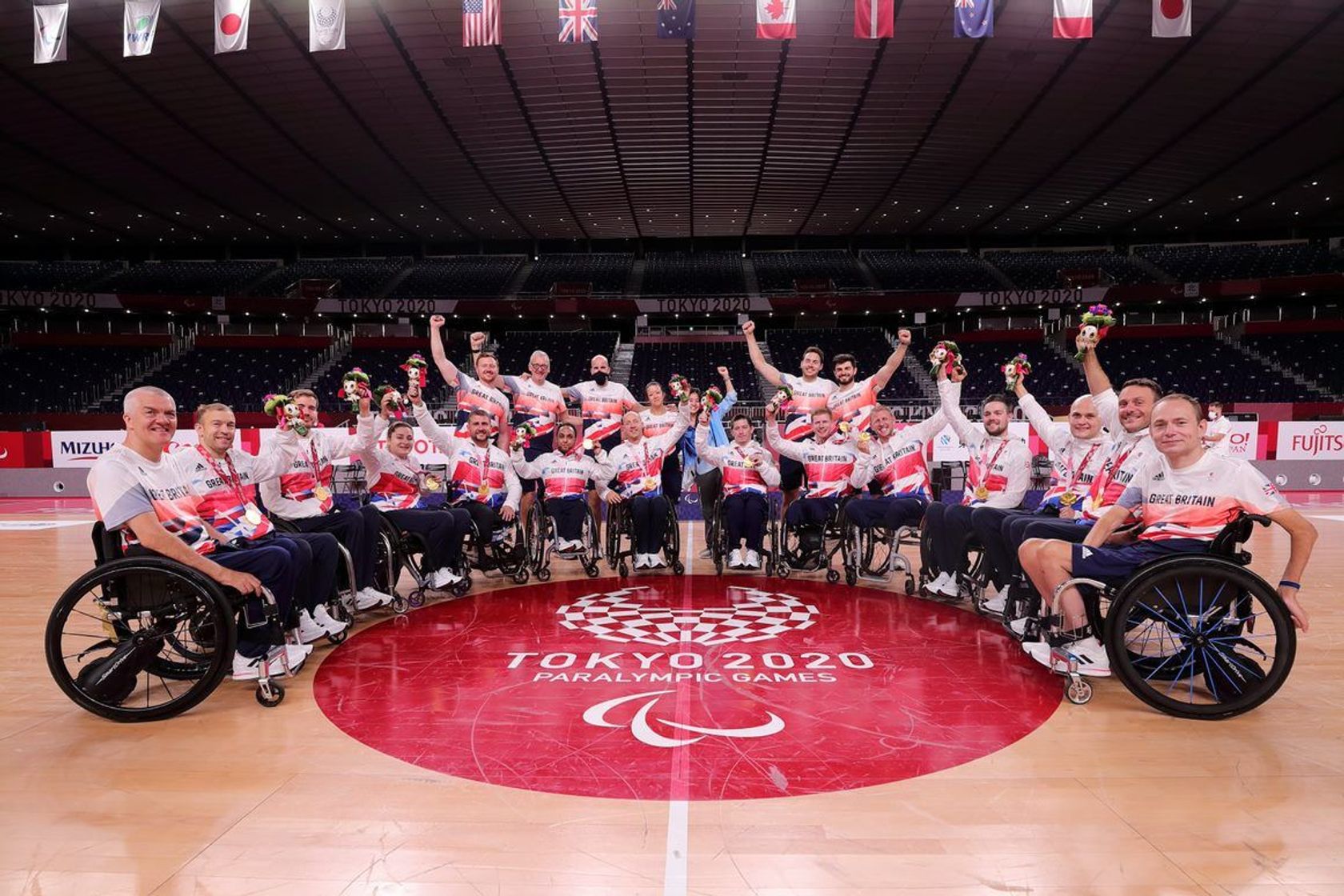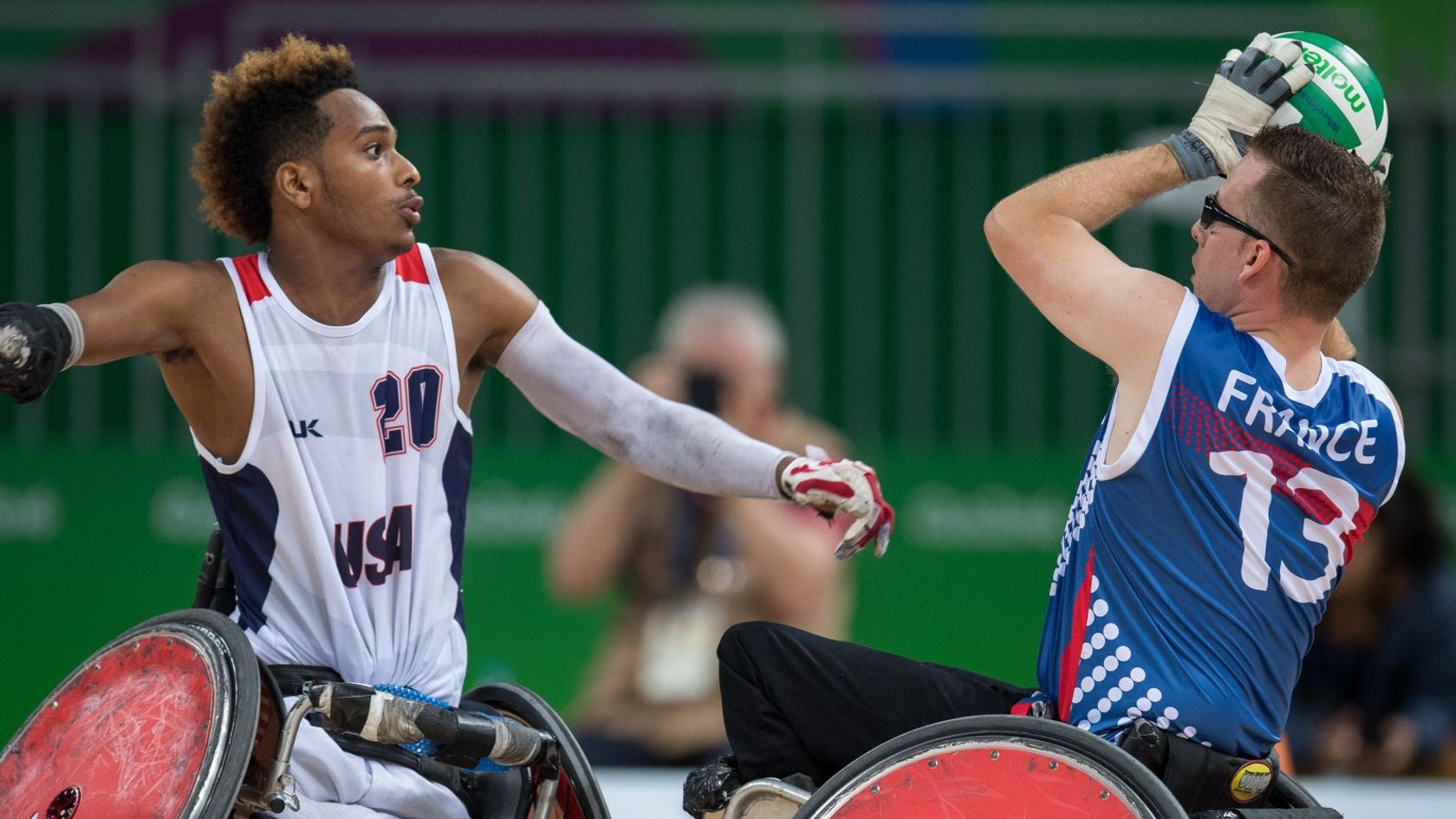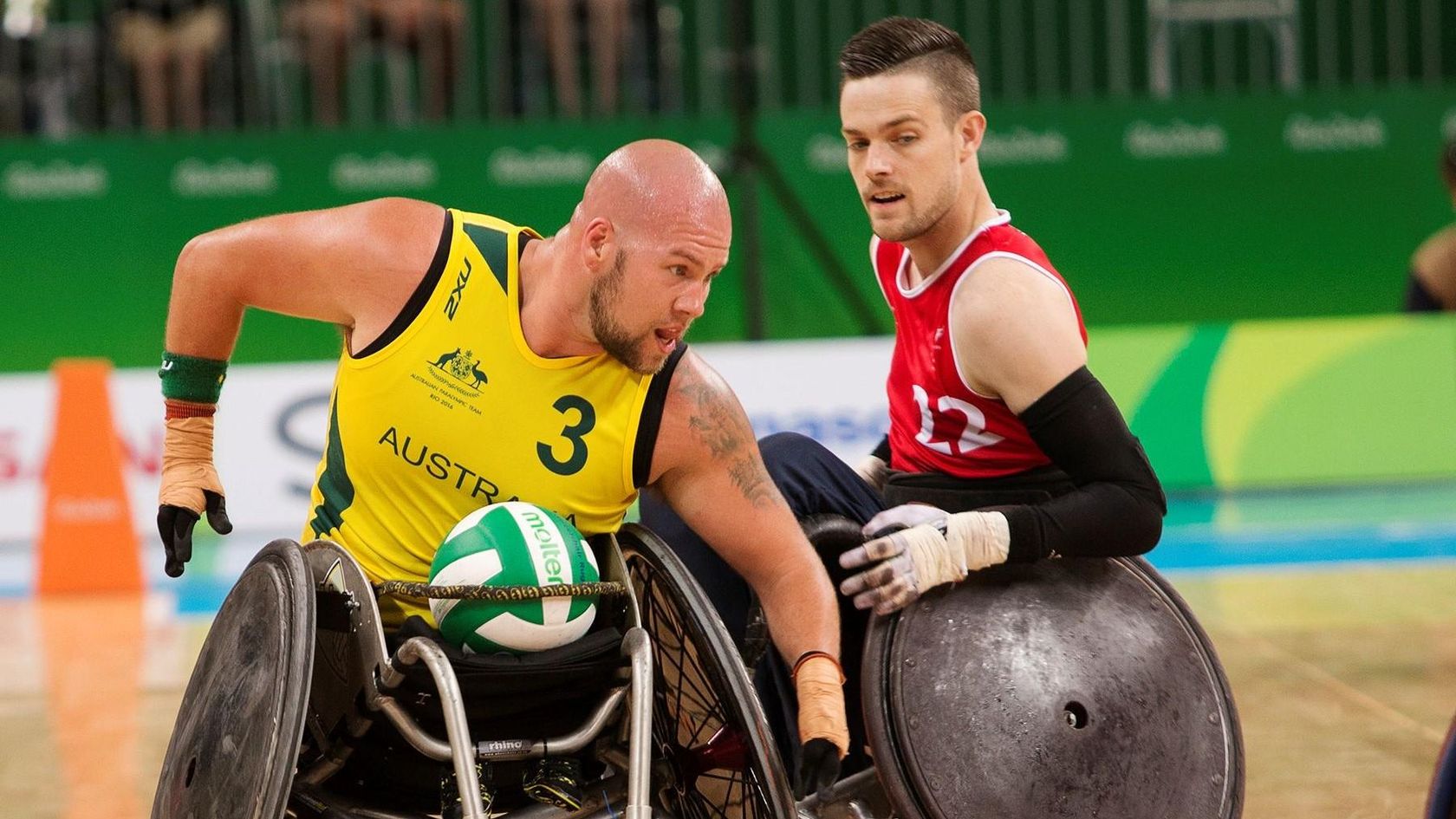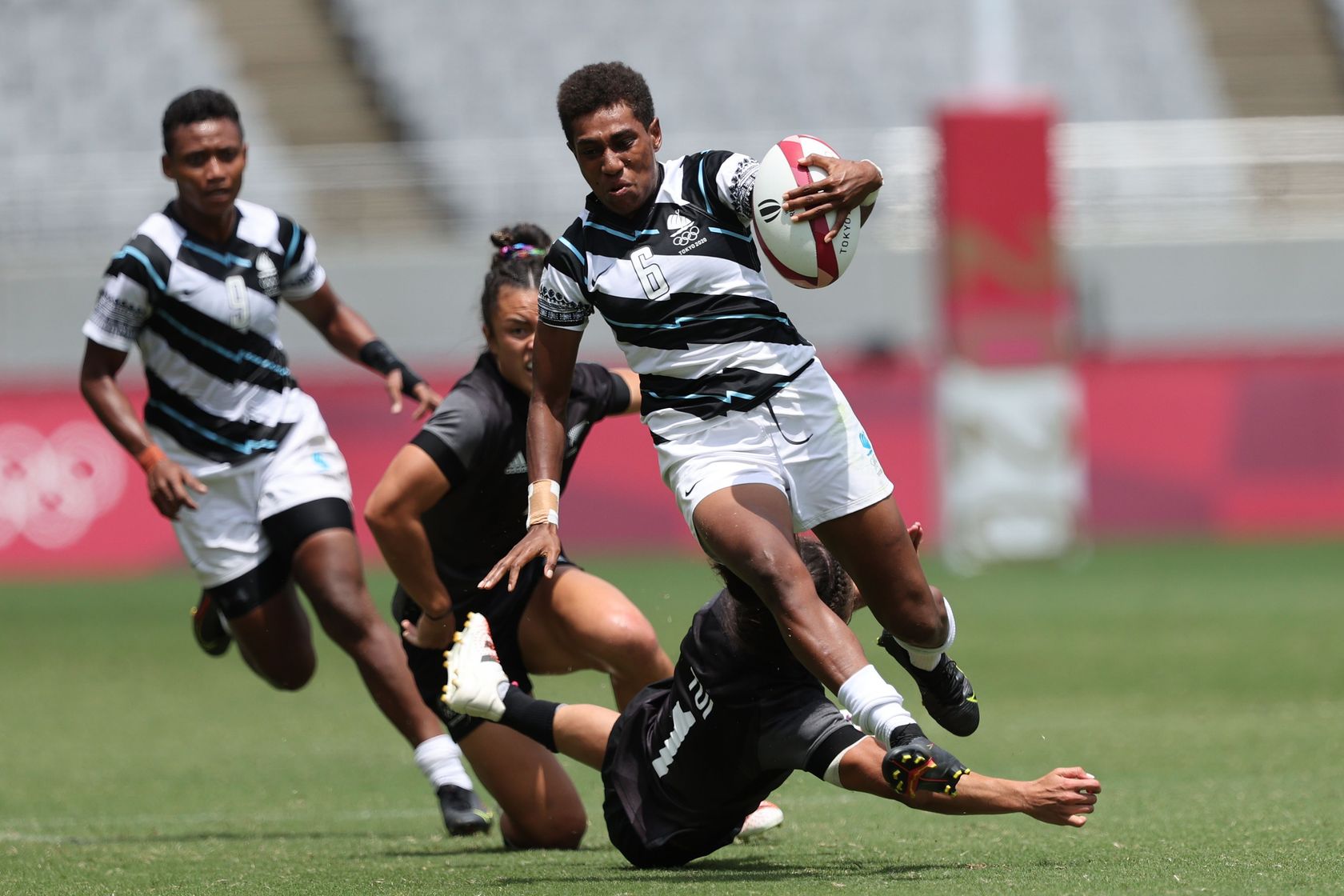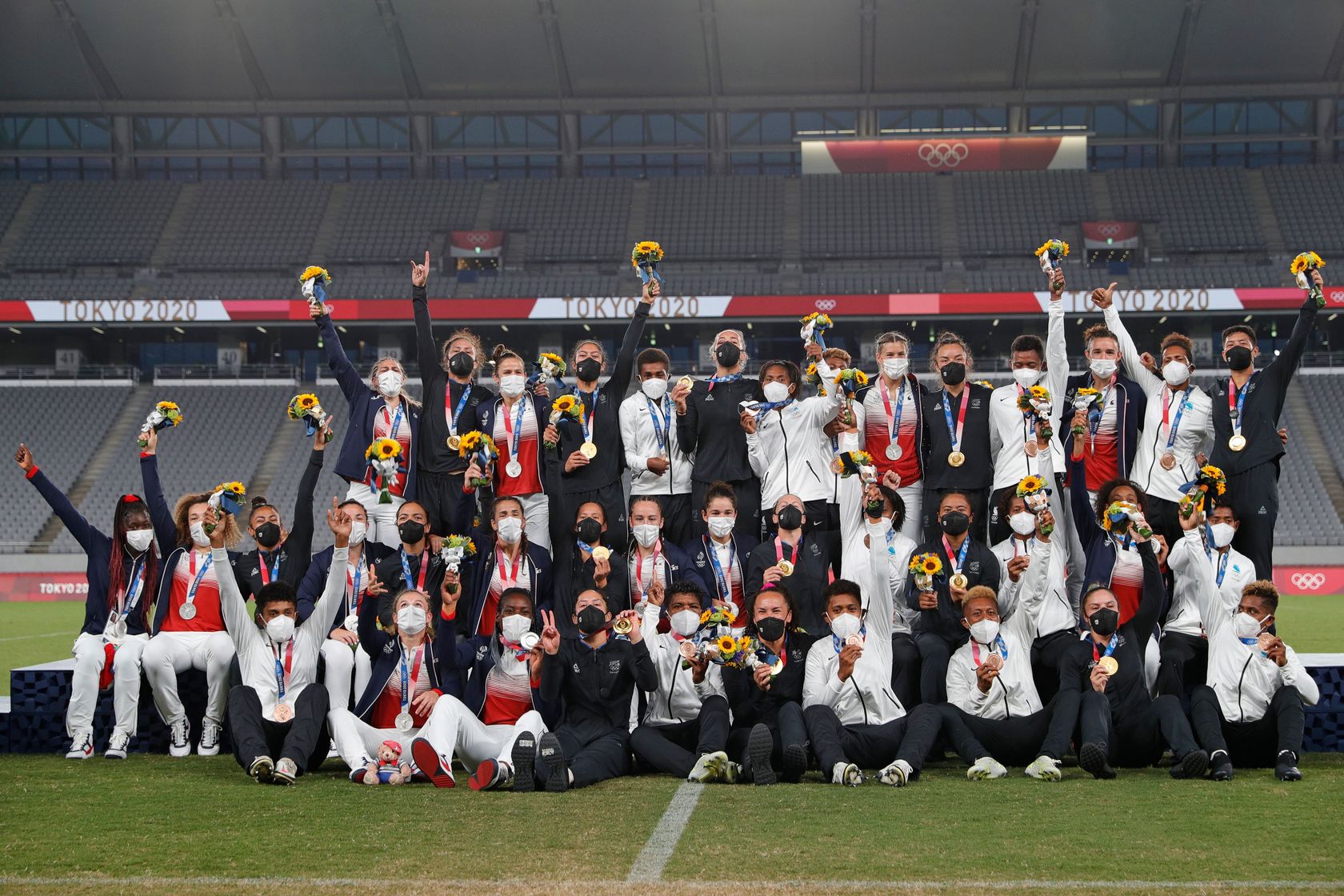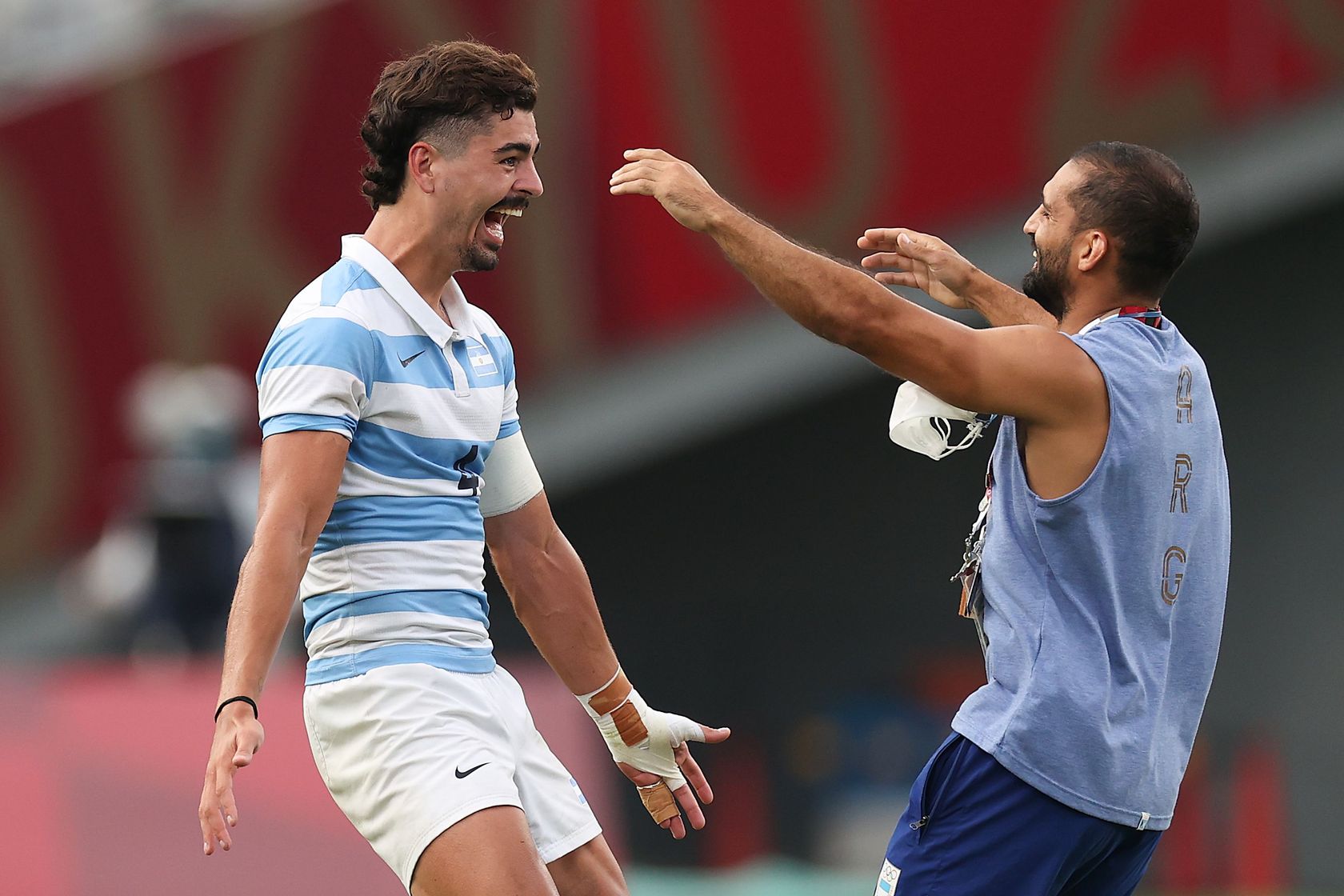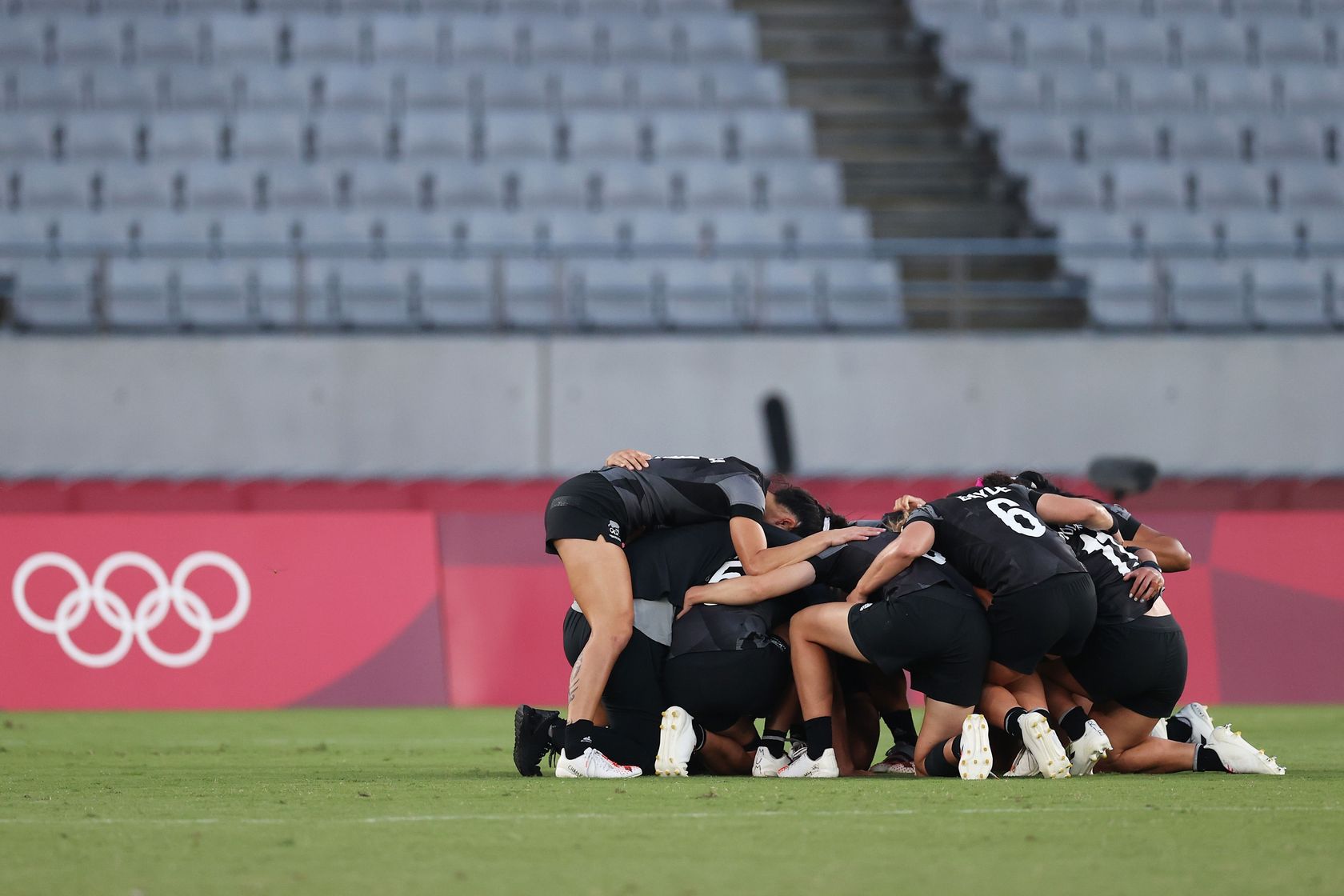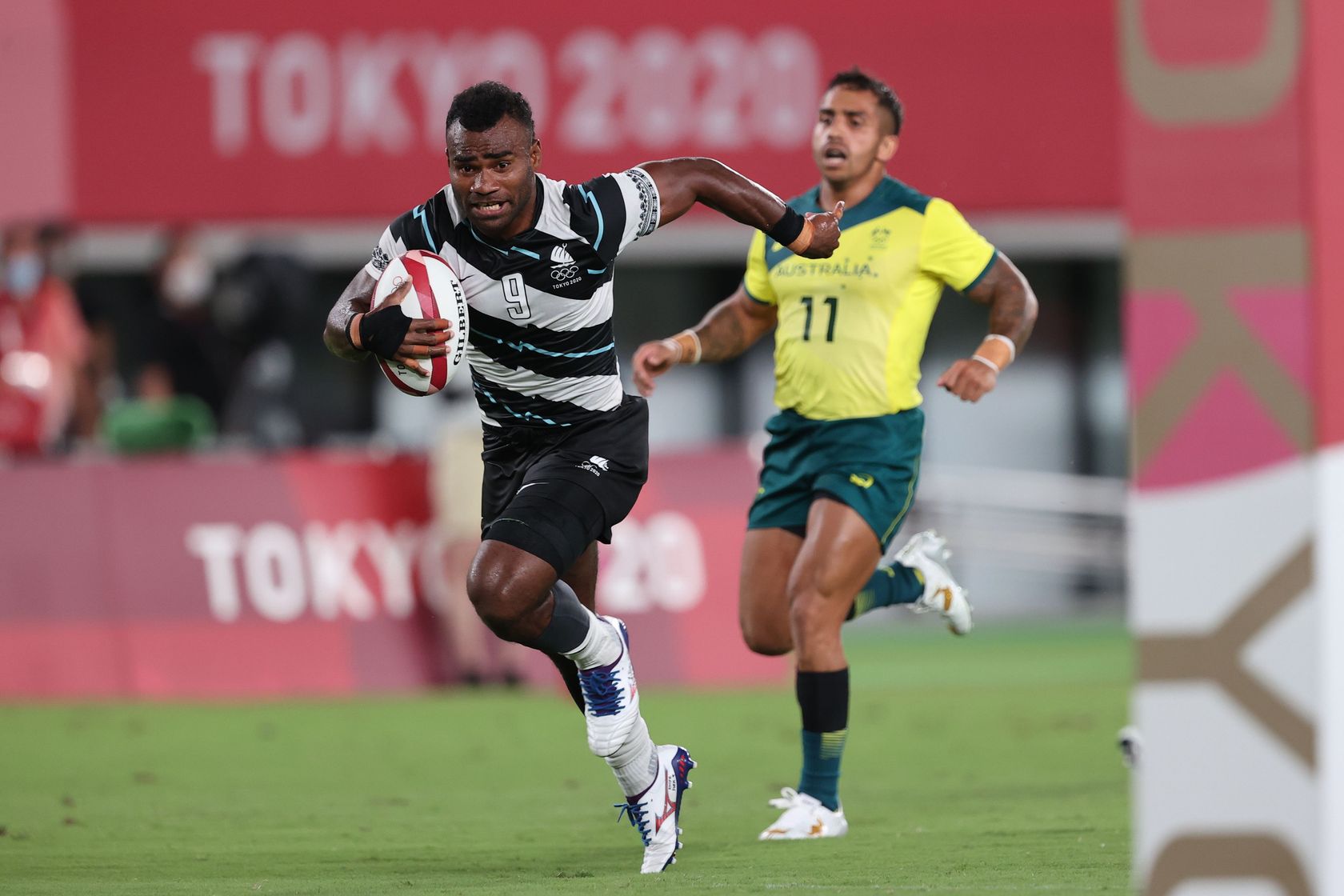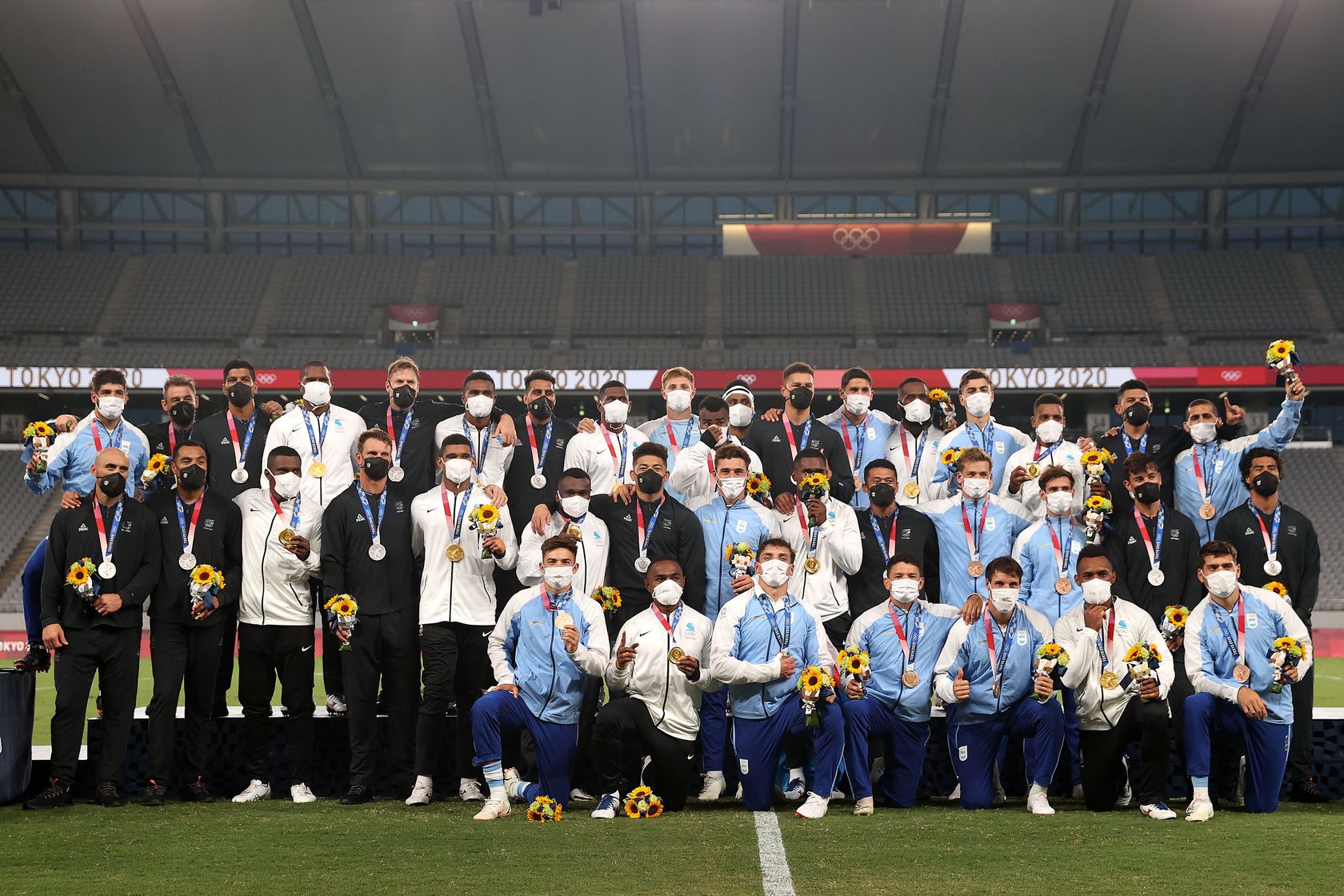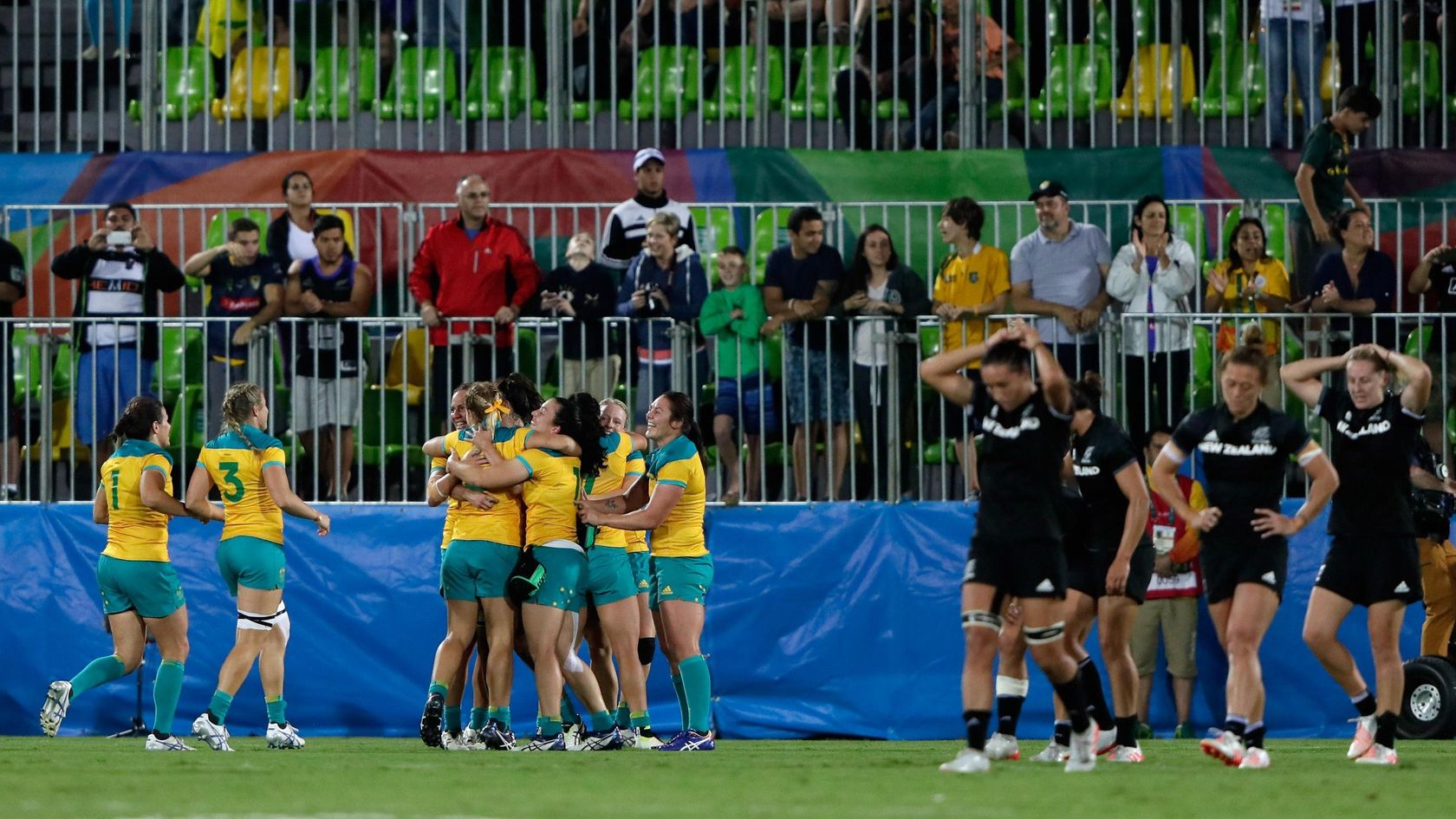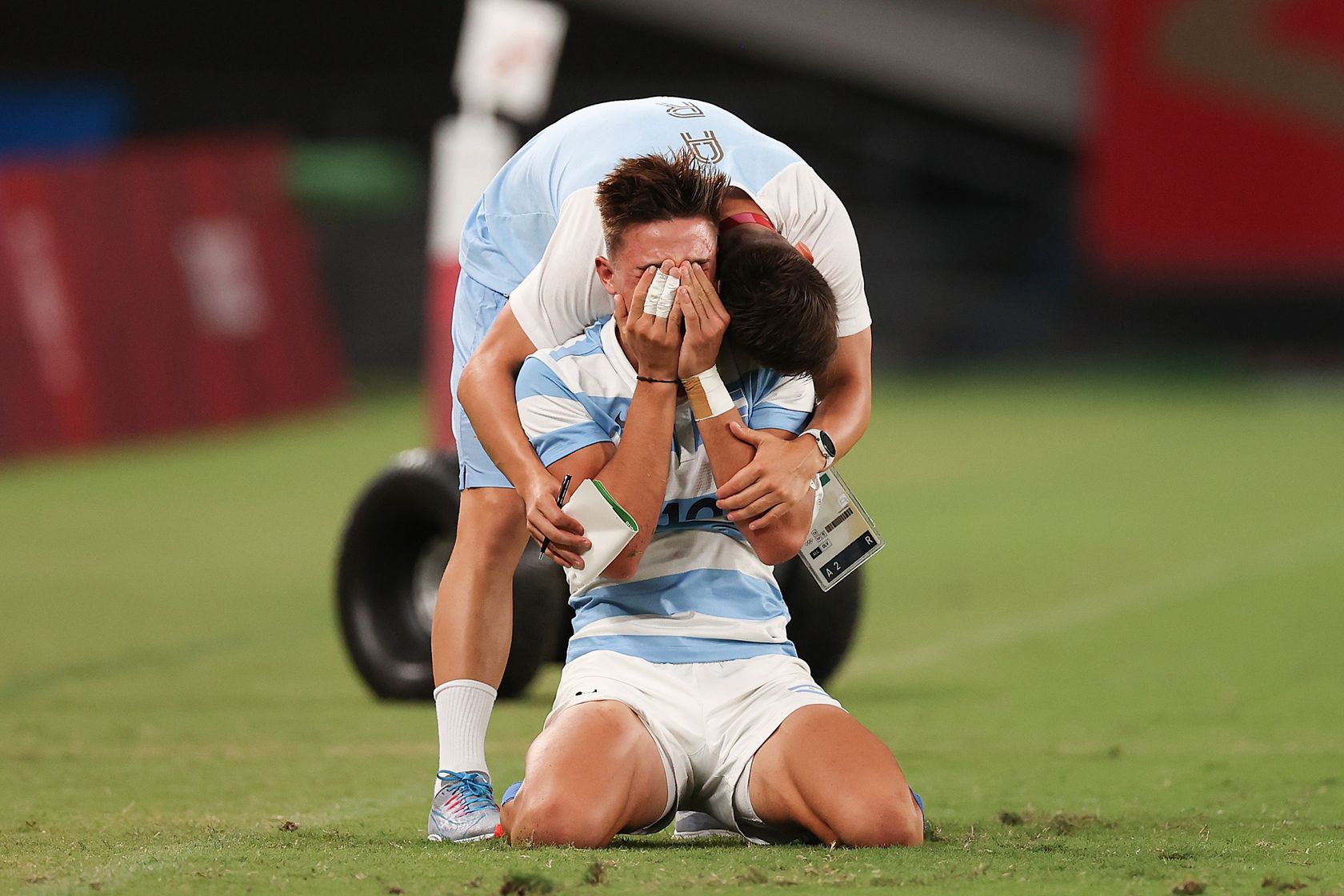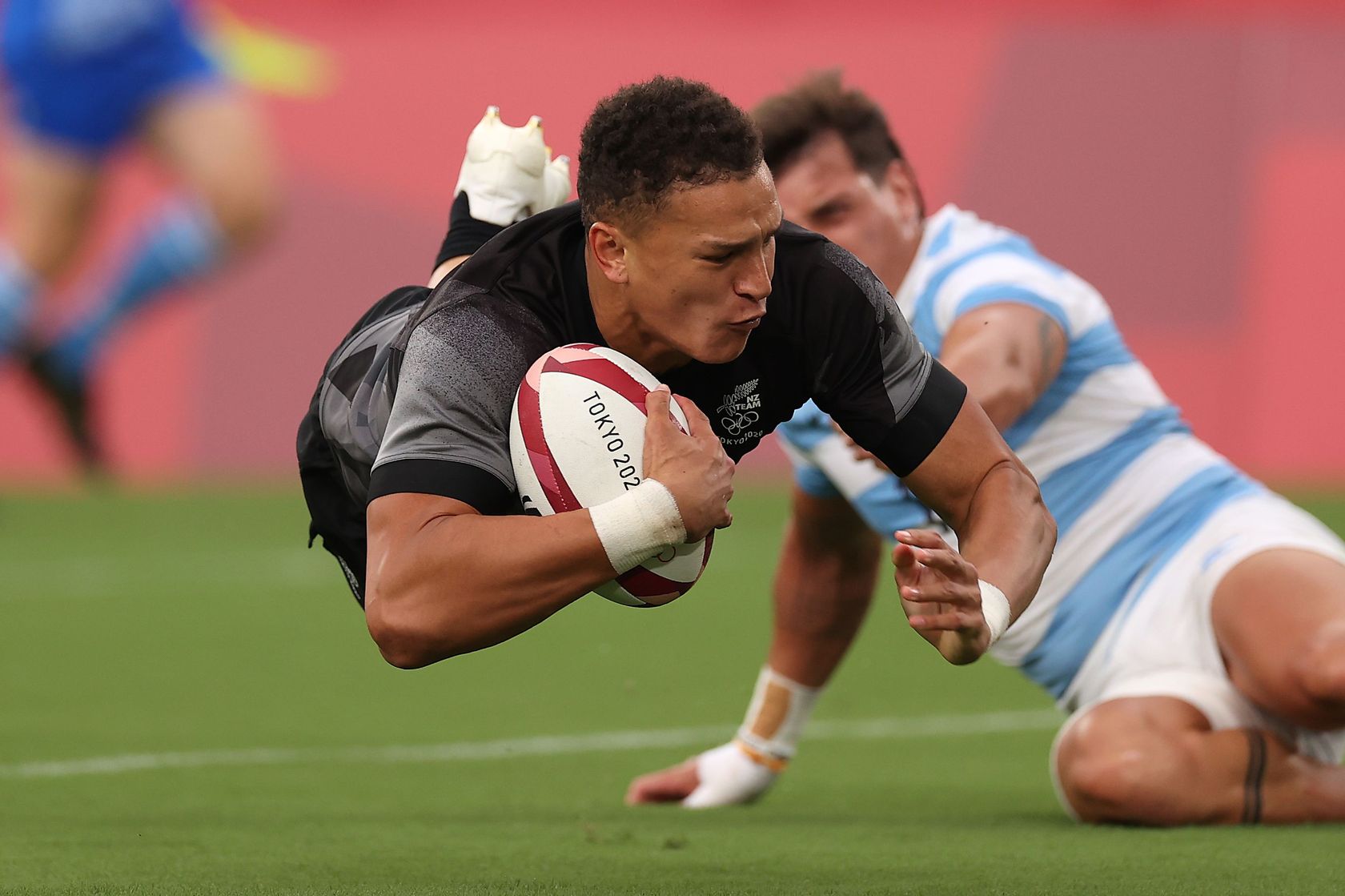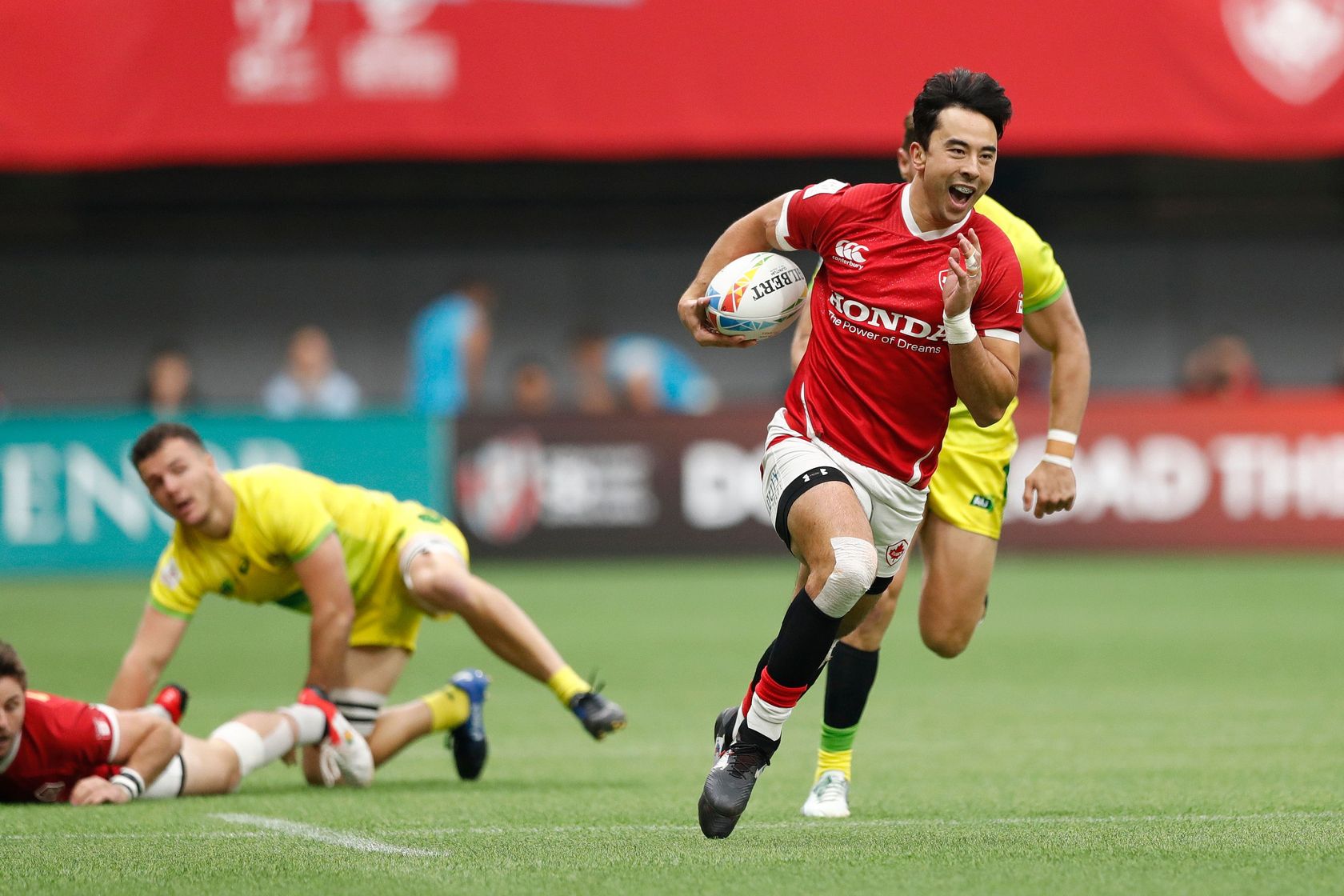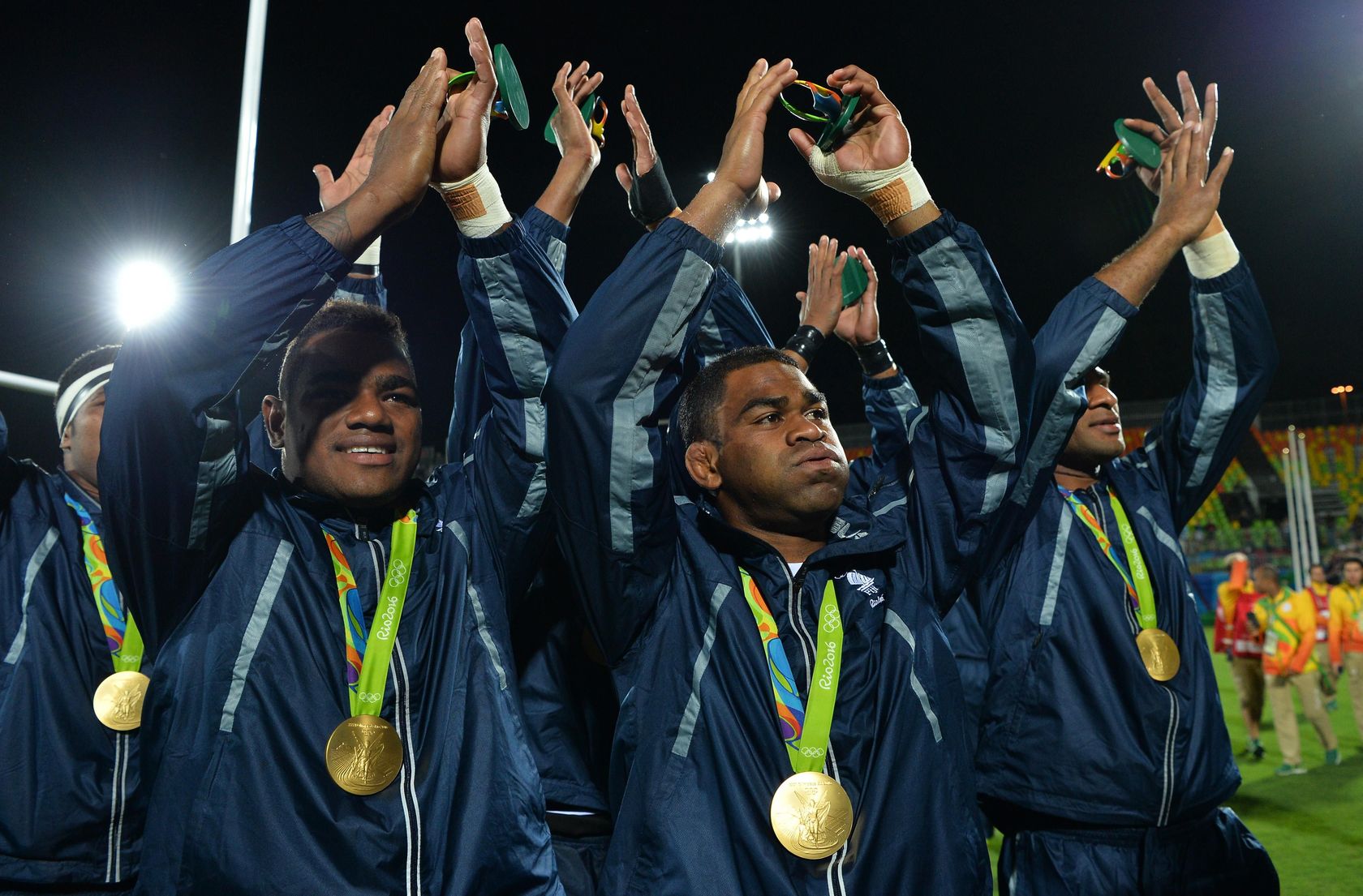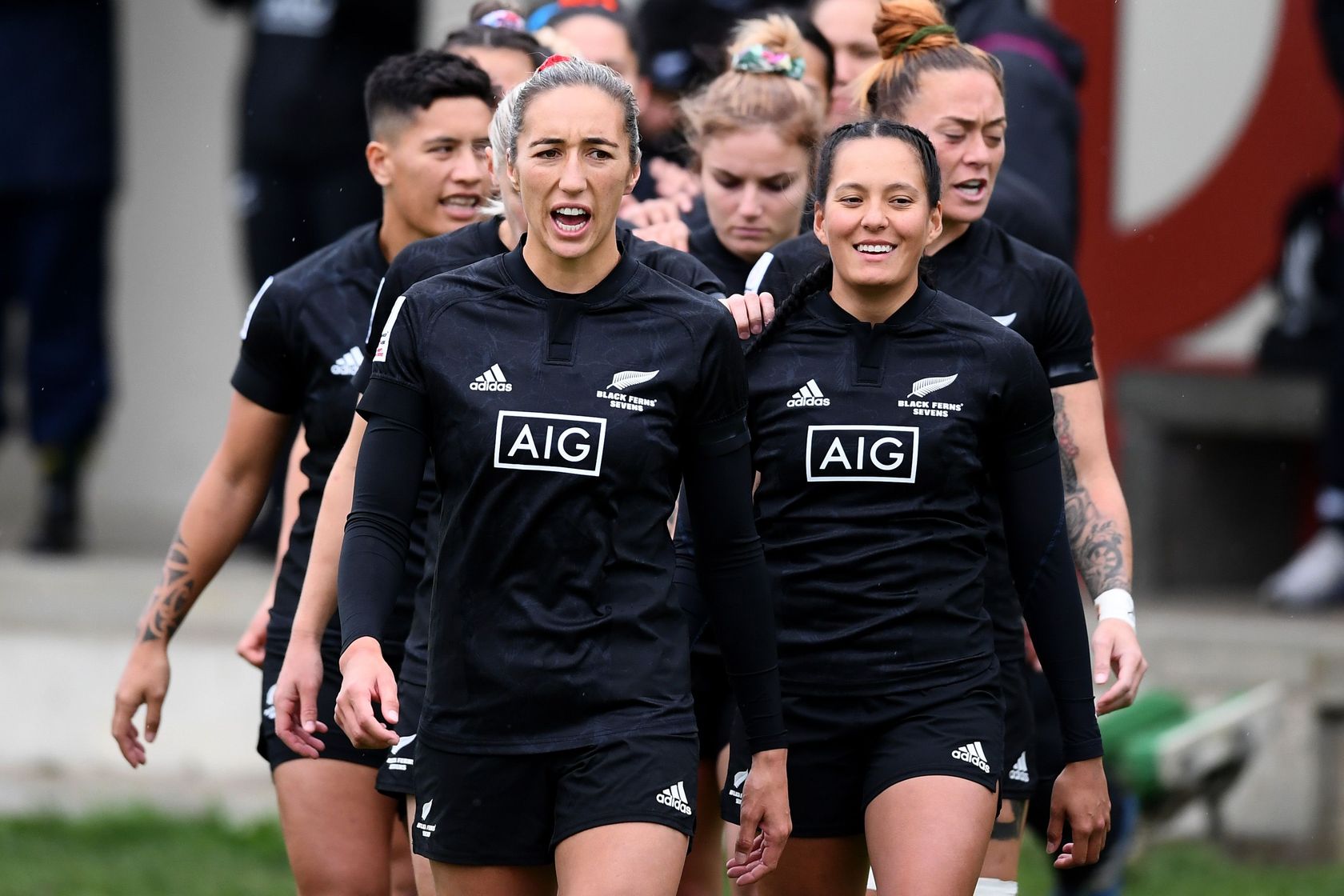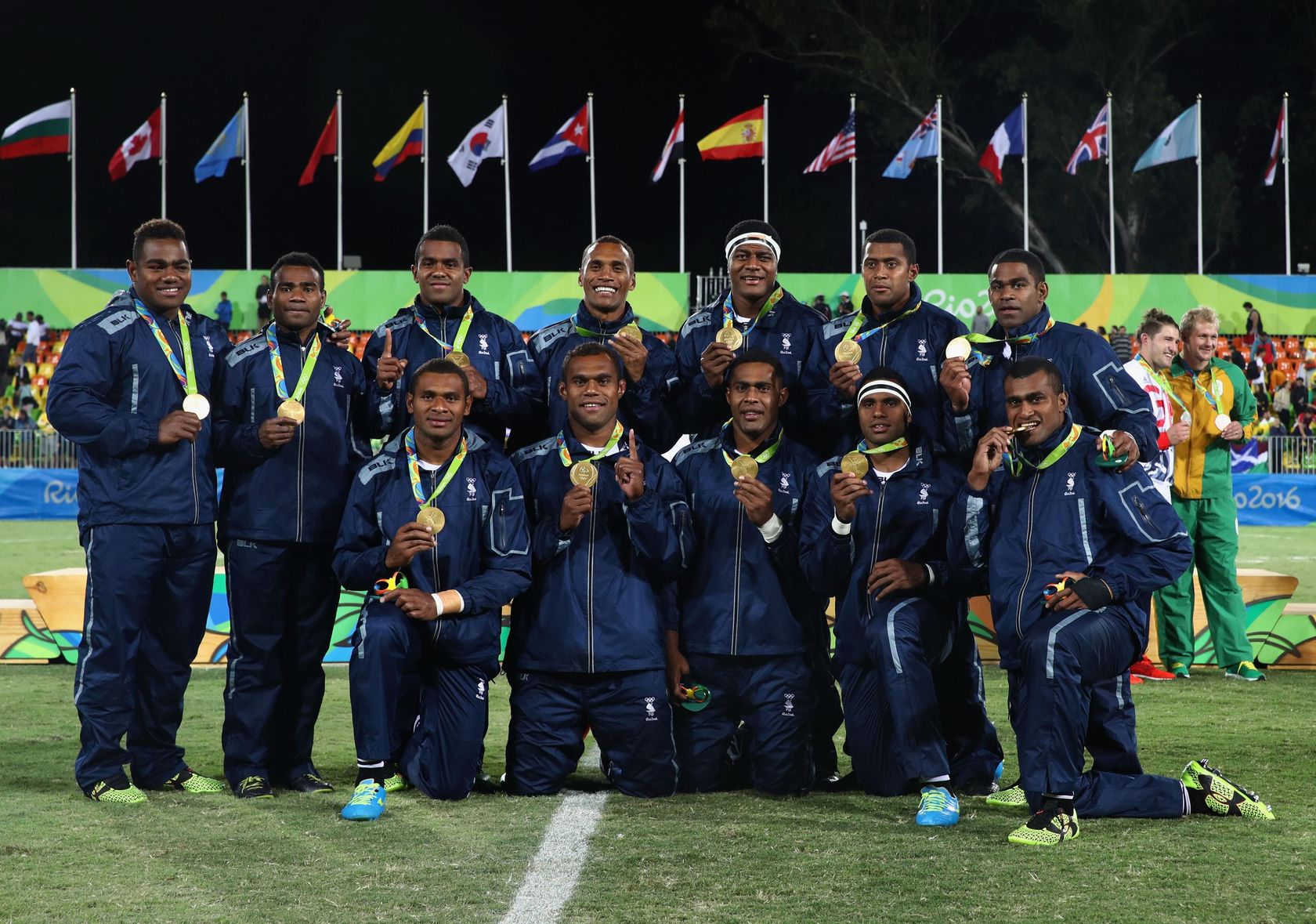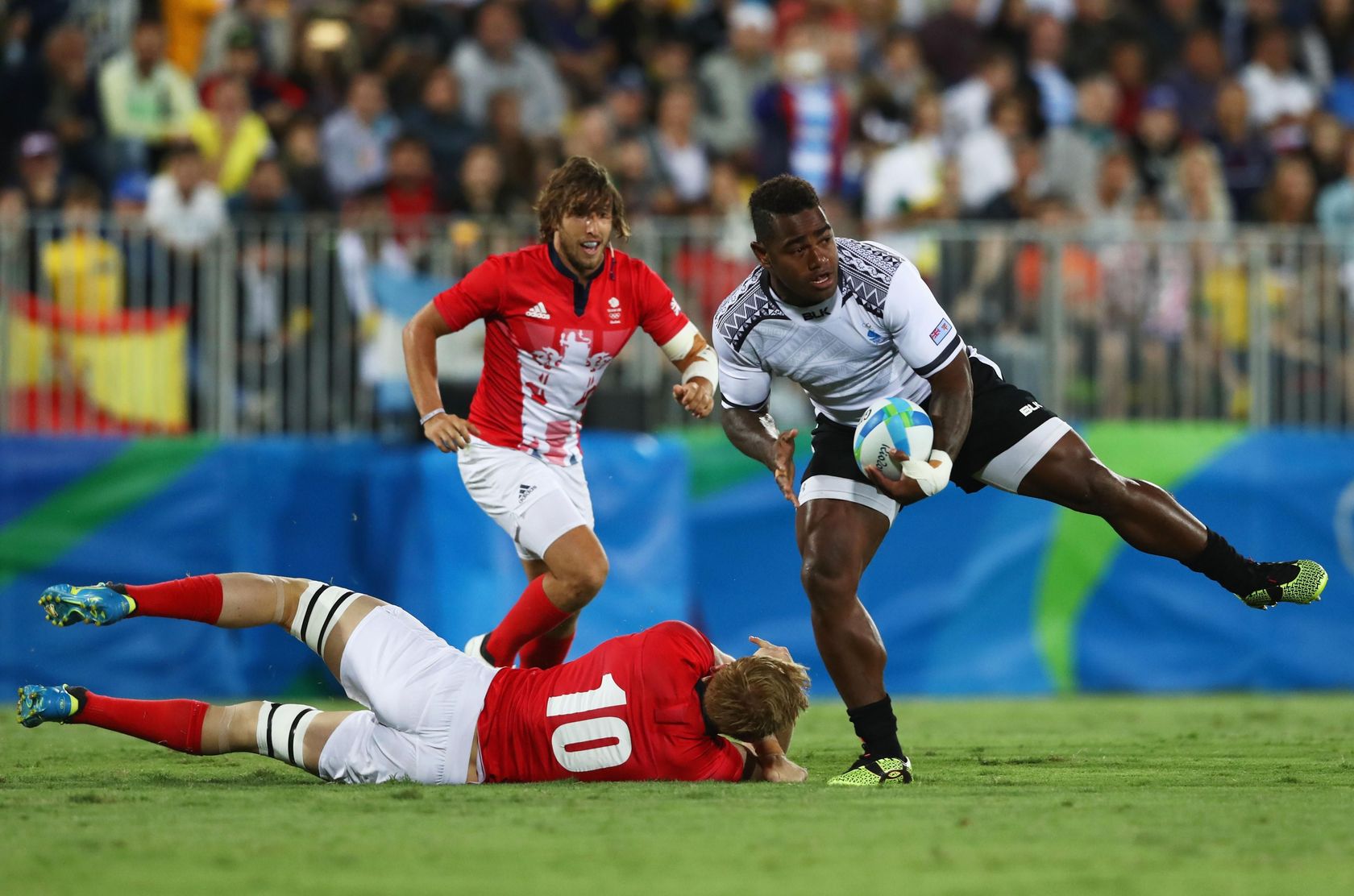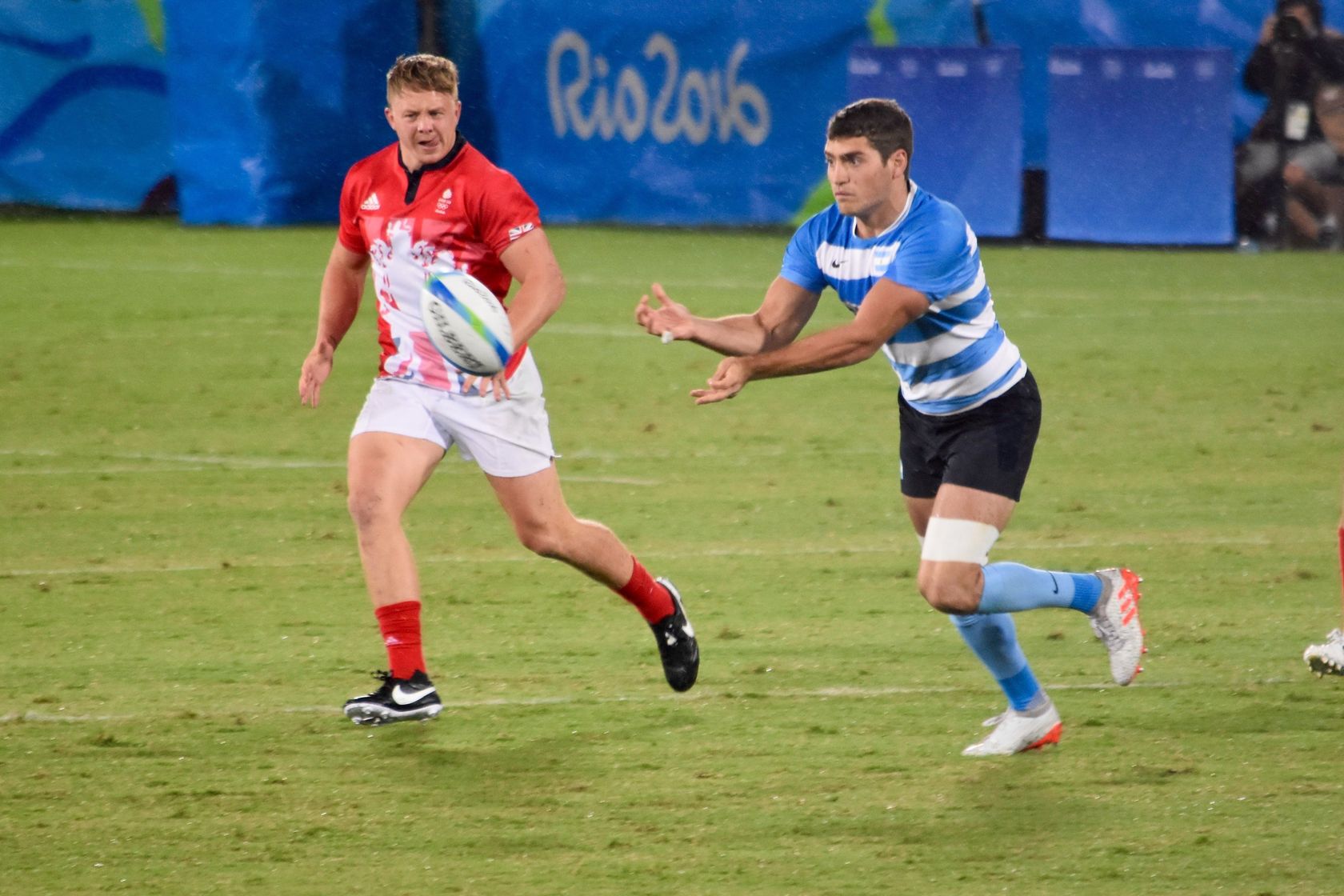Fiji’s winning journey at Tokyo 2020 Olympic rugby sevens

Fiji’s winning journey at Tokyo 2020 Olympic rugby sevens
We recap the journey Fiji’s men took to a second successive Olympic gold medal at Tokyo Stadium last week.
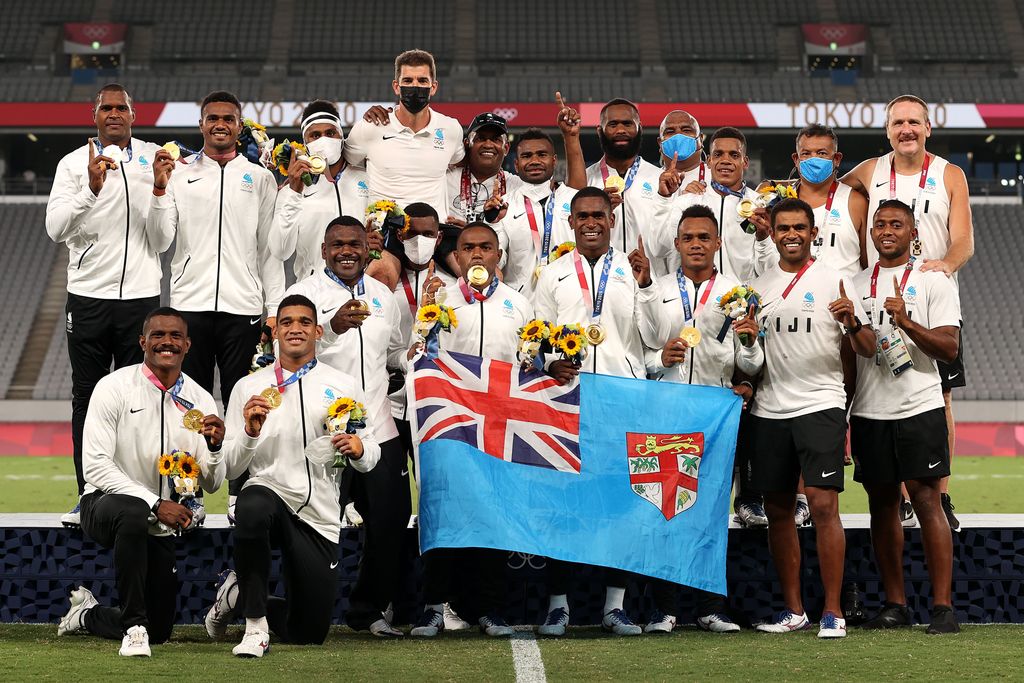
On a Sunday last December, Fiji’s players and coaching staff hiked up Mount Korobaba and, overlooking the capital Suva, set their goals for the upcoming year.
Having scaled the mountain together the players trained their focus on returning to a metaphorical summit, and winning the men’s Olympic sevens tournament in Tokyo.
Fiji had won the country’s first-ever Olympic medal in Rio four and a half years previously when they beat Great Britain 43-7 in the gold medal match.
That triumph had prompted scenes of unbridled joy back home but, as coach Gareth Baber told World Rugby last month, it also brought with it a degree of expectation and pressure to do it all over again.
COVID-19 restrictions dictated that the squad would go 15 months without a competitive fixture, and as the situation got worse in Fiji, the players were required to leave friends and family in order to train in a secure bubble from 5 April.
Many of the squad, including captain Jerry Tuwai, found it tough to be away from loved ones for so long but what kept them pulling in the same direction was the bond they had as team-mates and their collective desire to win their nation a second gold medal.
Being able to train everyday with and against some of the best men’s sevens players in the world certainly helped preparation, and the squad gave an indication of what it was capable of as it won six out of six at the Oceania Sevens in June.
Iosefo Masi, Jiuta Wainiqolo and Sireli Maqala each made their international sevens debut in Townsville, and all three gave the watching world a glimpse of the impact they would have in Tokyo.
Pool B
Fiji 24-19 Japan
Wainiqolo needed less than 20 seconds to score his first Olympic try and announce himself to anyone who hadn’t paid attention to the Oceania Sevens.
Masi followed suit, but when Lote Tuqiri went over for Japan after the hooter sounded for half-time it gave the hosts a 14-12 lead at the break.
Japan had upset New Zealand in the opening match of Rio 2016 and led this match 19-12 when Kameli Soejima touched down.
However, two tries from Waisea Nacuqu in the final three minutes ensured the Fijians began their title defence with victory.
Fiji 28-14 Canada

A stunning solo try from Napolioni Bolaca and a second of the tournament for Wainiqolo got Fiji off to a perfect start against Canada.
However, the Canadians refused to go quietly and Nathan Hirayama gave his side hope on the stroke of half-time.
Matt Mullins’ stint in the sin-bin at the start of the second half undid that hard work, though, and Aminiasi Tuimaba and Asaeli Tuivuaka put the seal on a second straight win for Baber’s side.
Fiji 33-7 Great Britain
The defending champions saved their best pool stage performance for last, as they overpowered Great Britain in what was a repeat of the Rio 2016 gold medal match.
Tuivuaka picked up where he left off in day one as he scored the first try of the match before Maqala and Wainiqolo underlined their growing importance to Fiji.
In the second half, Tuivuaka and Tuimaba both breached the Great Britain defence to make sure their side qualified for the medal quarter-finals top of Pool B.
Waiting in the last eight was Australia, who finished third behind New Zealand and Argentina in Pool A and had been beaten twice by Fiji in Townsville.
Medal quarter-final
Fiji 19-0 Australia
Fiji and Australia took to the Tokyo Stadium pitch at the end of day two following a pair of see-saw matches in which Great Britain recovered from going 21-0 down to beat the USA and Argentina won against South Africa despite playing with six players for more than 11 minutes.
Captain Tuwai — the only Fijian survivor from Rio — proved to be a calming influence for his side and ensured that they didn’t suffer a similar fate as he scored a try in each half.
Australia almost drew level at the end of the first half but Lachie Anderson dropped the ball over the line as he was tackled.
Tuwai made sure that Fiji made the most of that let-off as he went over for his second try of the match before Tuimaba put the seal on an impressive victory.
Medal semi-final
Argentina 14-26 Fiji
Tries from Maqala and Meli Derenalagi put Fiji into a 12-0 lead with less than five minutes gone in their medal semi-final against Argentina.
But, if anyone thought this was going to be a procession for the defending champions, they were in for a shock.
Marcos Moneta, arguably the breakthrough player of the tournament, crossed for Argentina late in the first half and there was still time before the break for Ignacio Mendy to grab a second. Santiago Mare then slotted a touchline conversion to put the South Americans in front.
A piece of magic from Wainiqolo settled any Fijian nerves and put his side back in front less than two minutes into the second half, before Semi Radradra broke free to put the seal on victory.

Gold medal match
New Zealand 12-27 Fiji
Emotion was etched on the players’ faces as they lined up for the national anthems ahead of the gold medal match.
And, it was Fiji who handled the situation most effectively as Derenalagi and Maqala — the latter after a mistake from Andrew Knewstubb — again crossed early on.
New Zealand co-captain Scott Curry got his side on the scoreboard but another fantastic solo effort from Wainiqolo edged the flying Fijians into a 14-point lead.
Sione Molia cut the All Blacks Sevens’ deficit to seven points at the end of the first half. However, Fiji held out for the rest of the match, and added the only try of the second half as Tuwai released Tuivuaka to touch down in the right corner.
With time running out Nacuqu added a penalty to ensure that Fiji regained their Olympic title.
“The key to this victory is about brotherhood and brotherly love with this almighty God leading us through, just encouraging us to love one another because that means a lot to us, that bond we have,” Derenalagi said in the wake of victory.
“If one goes down, we all go down. If your brother stands up for you, you have to stand up for him, so the theme we have got in this Olympic tournament was our brotherhood love.”










